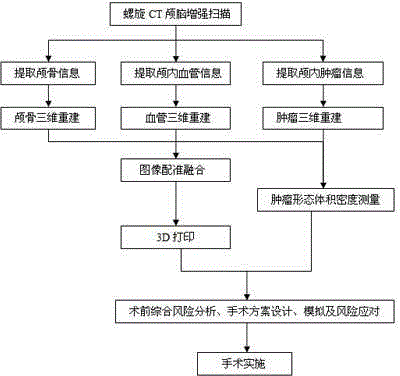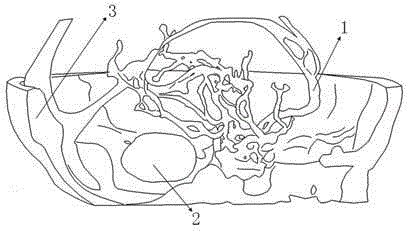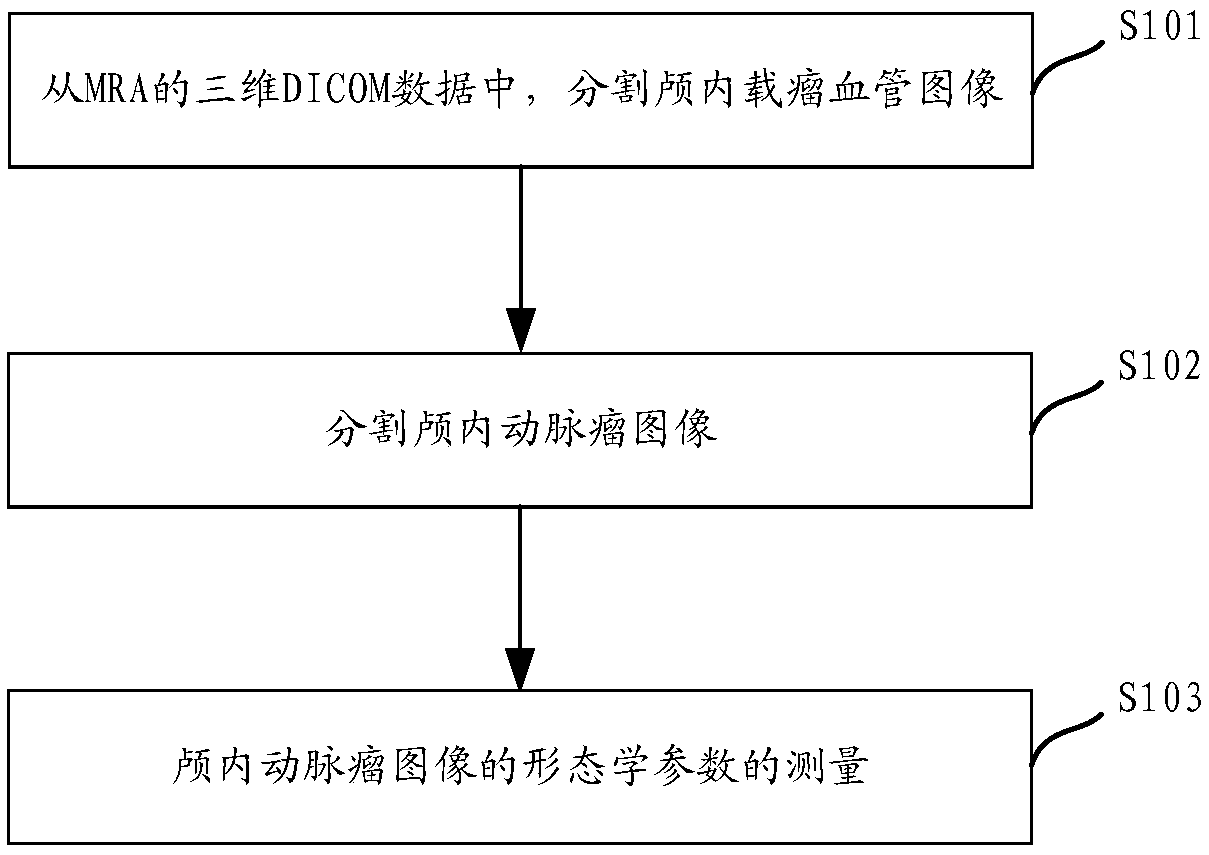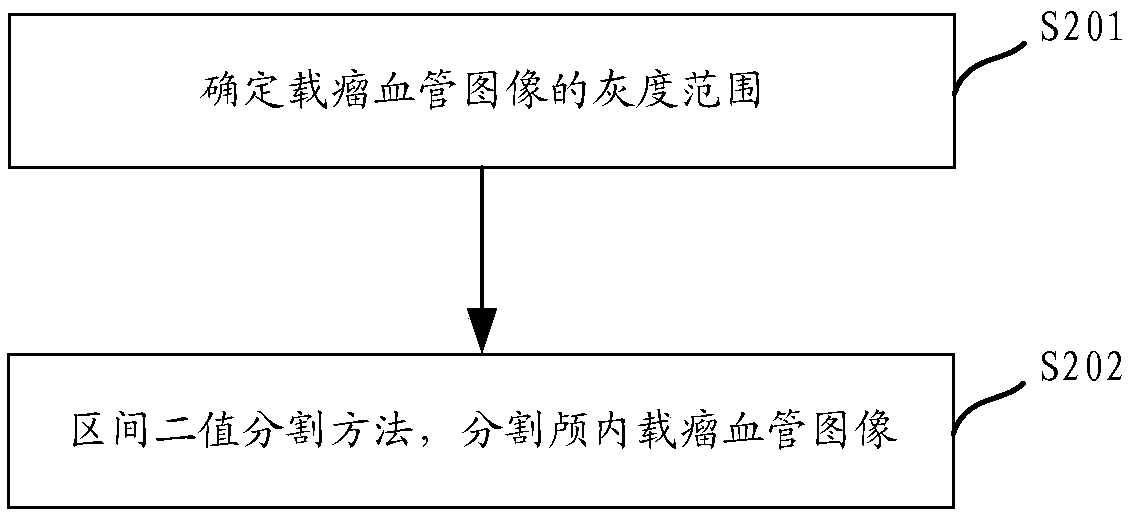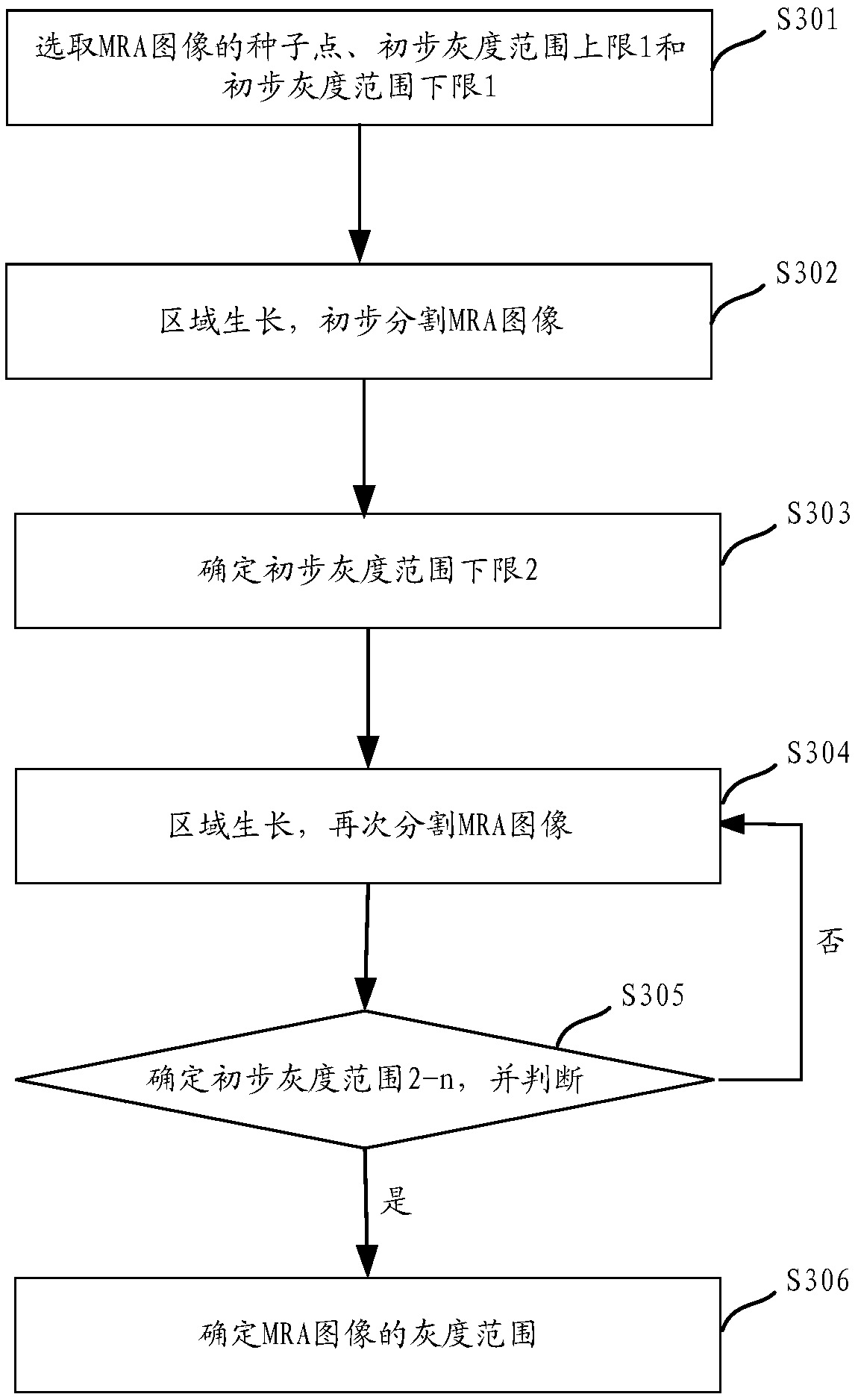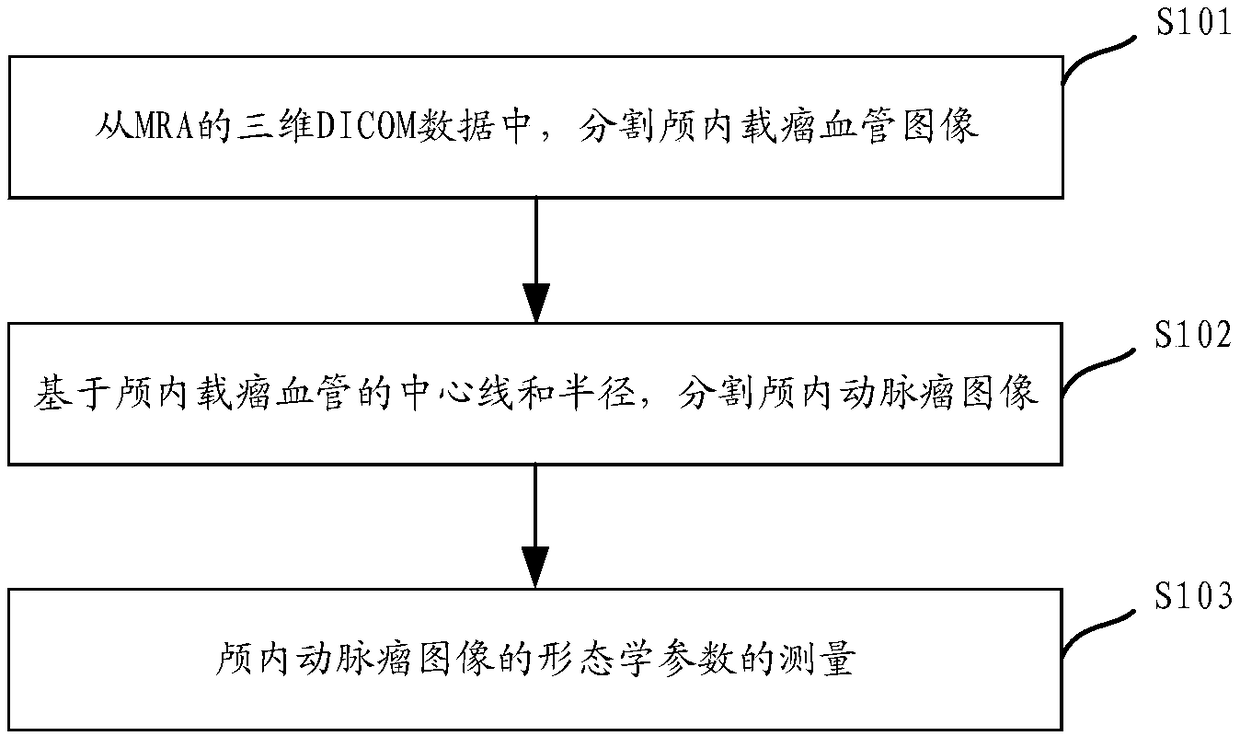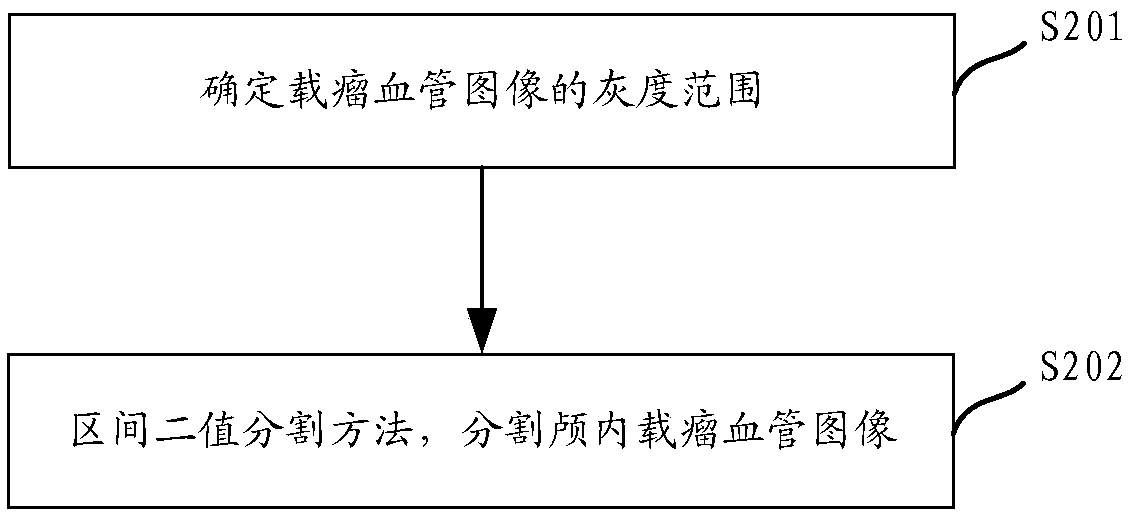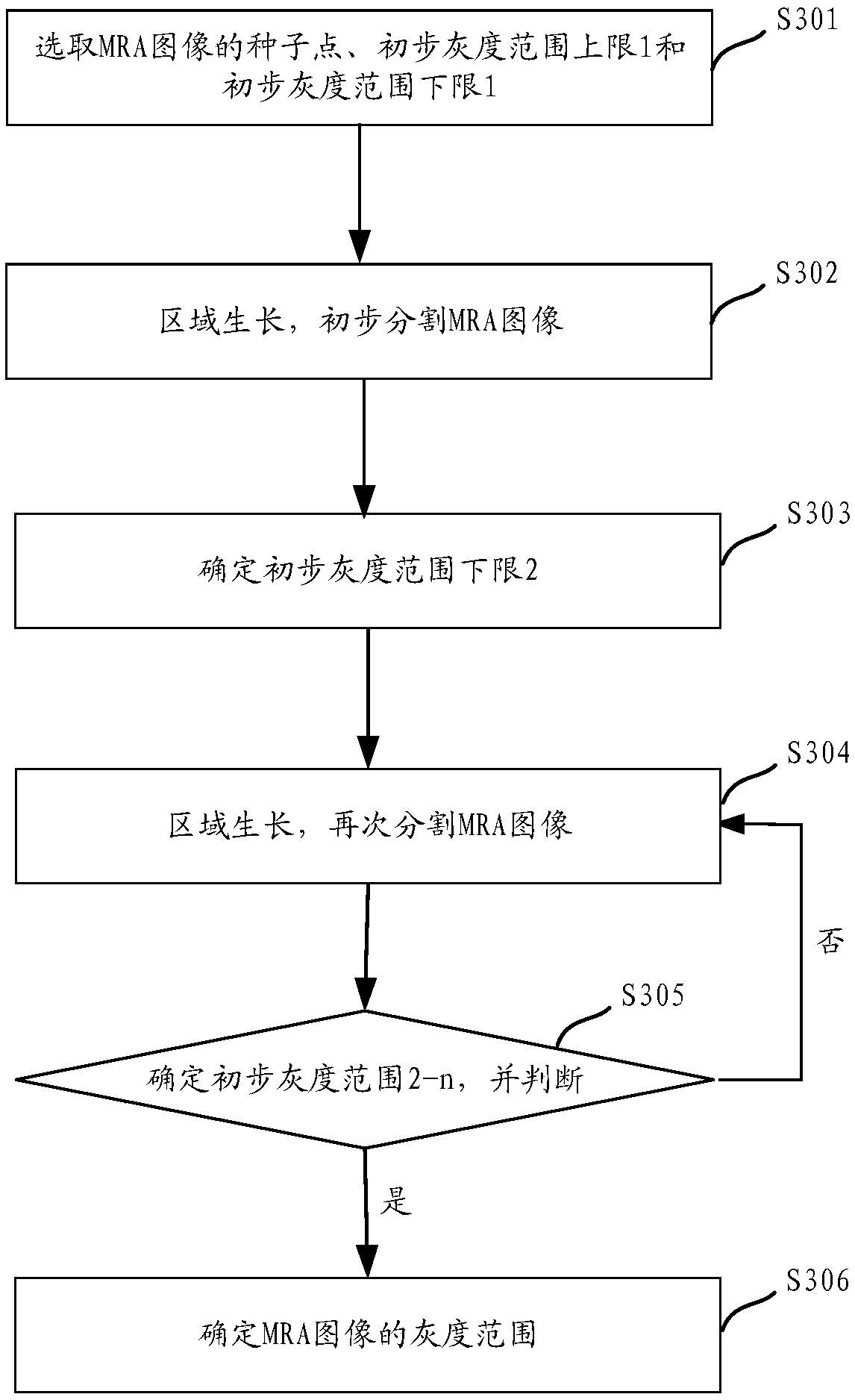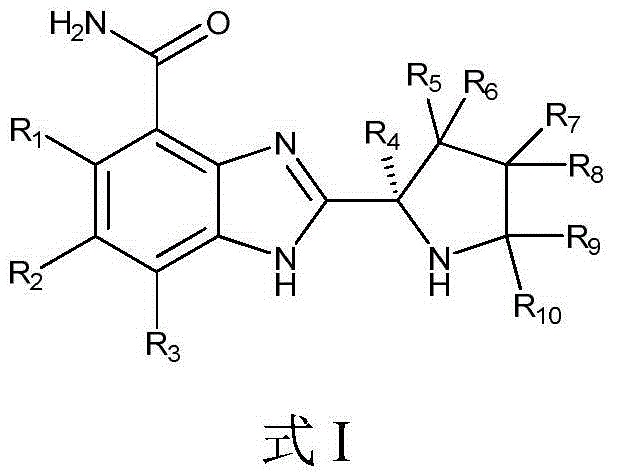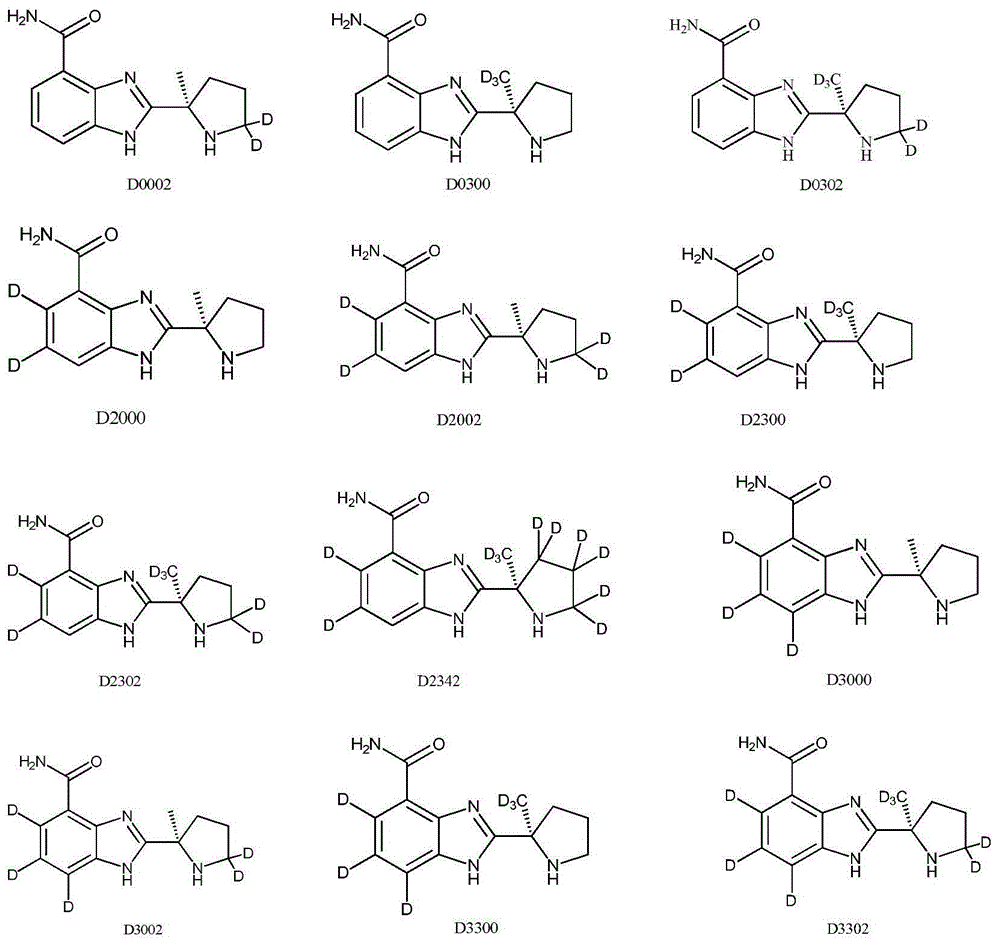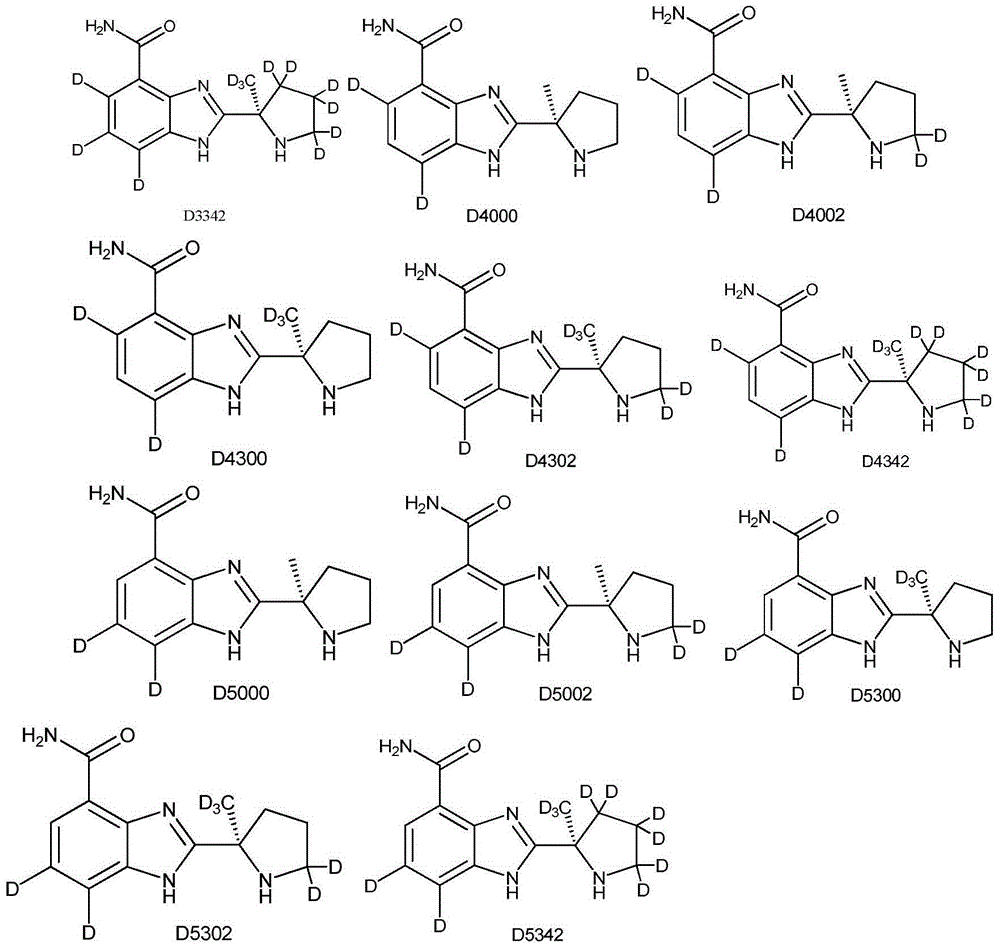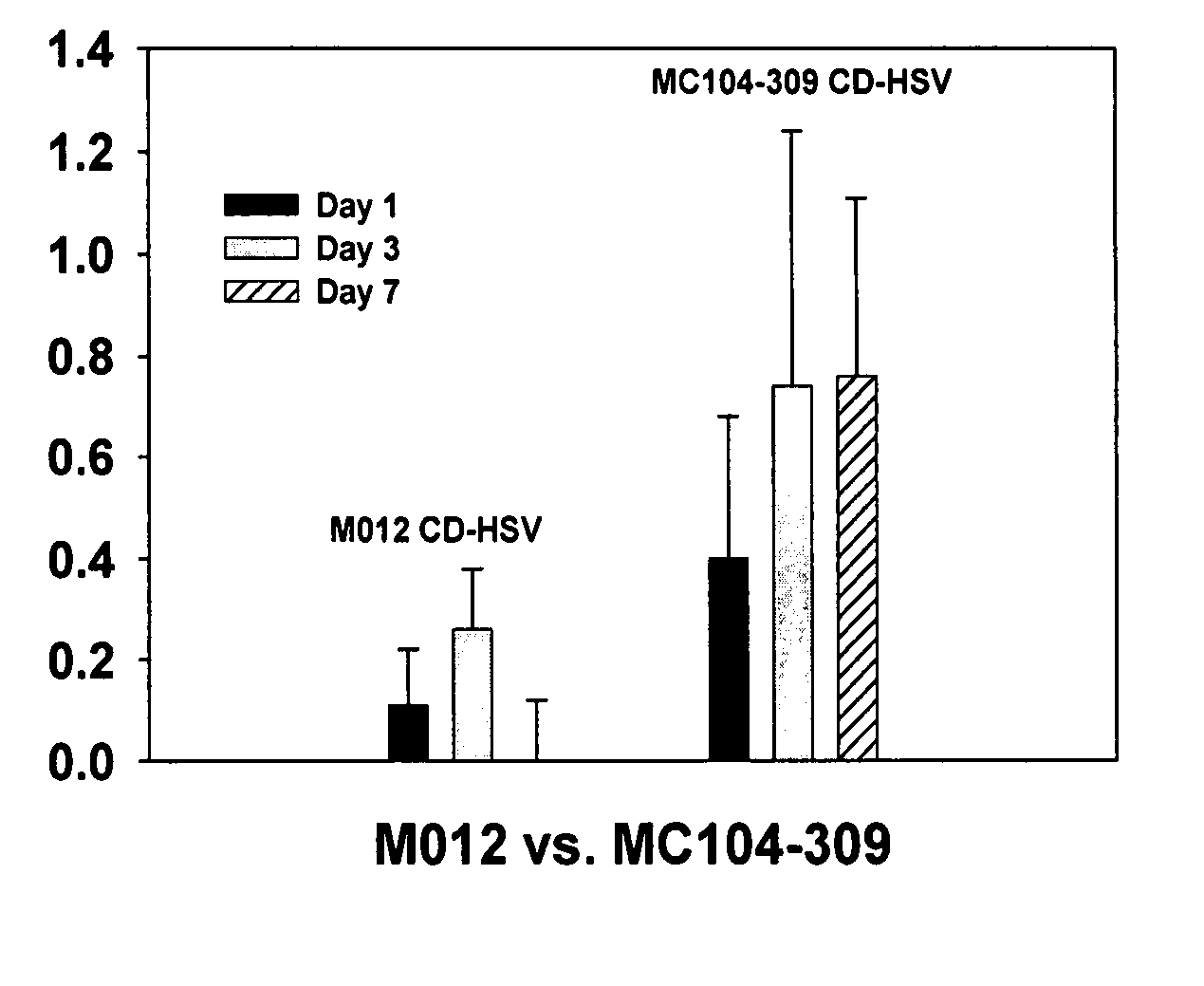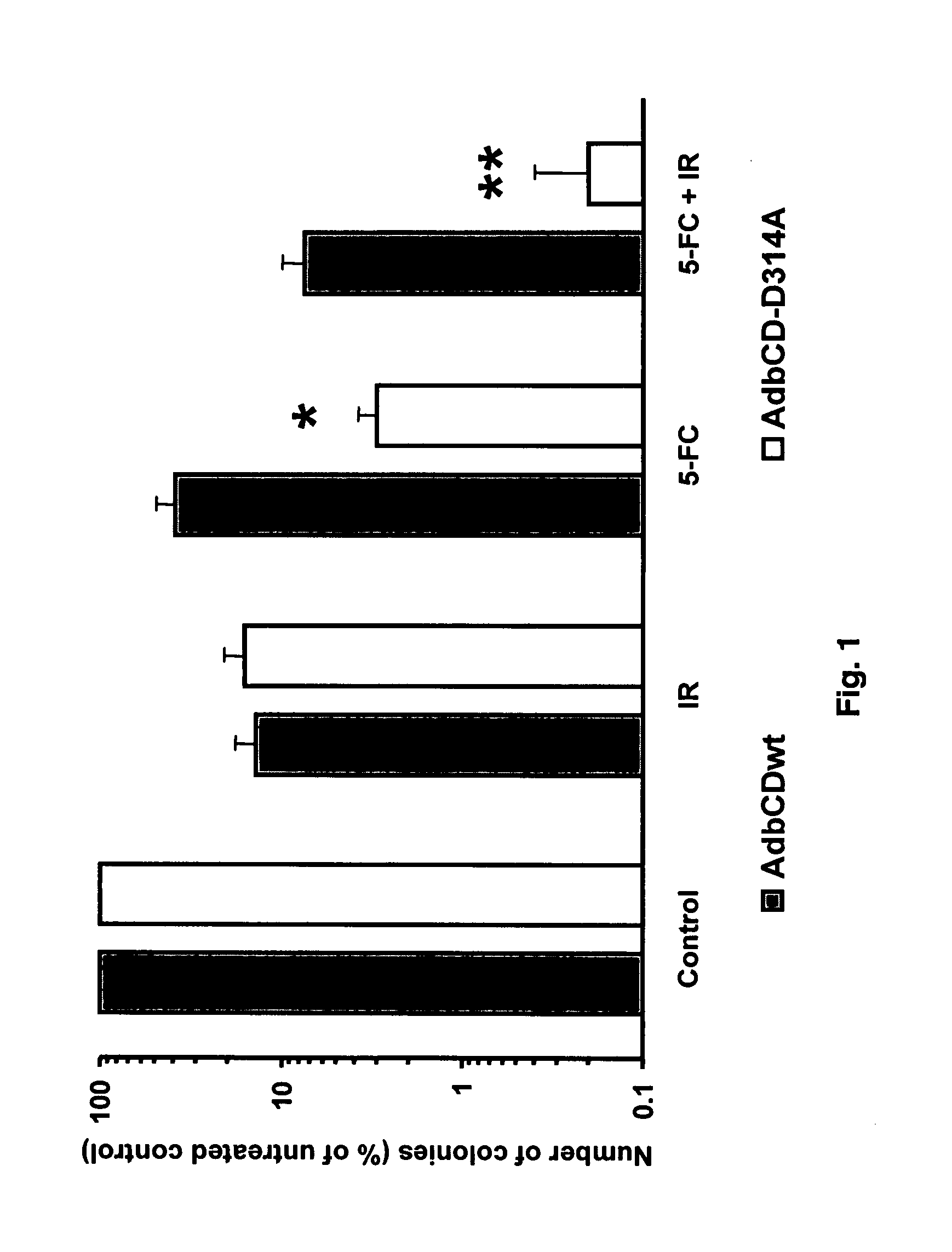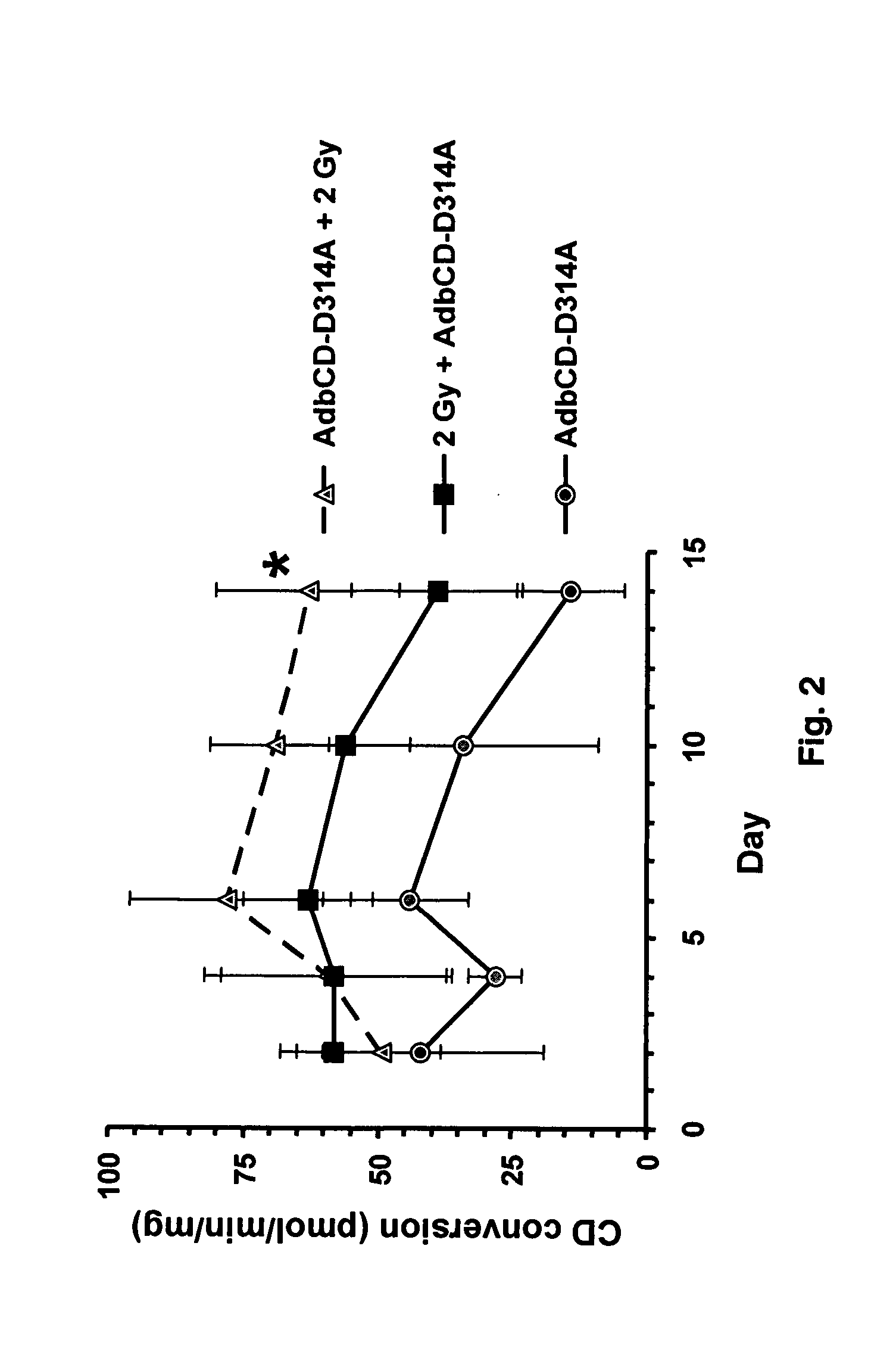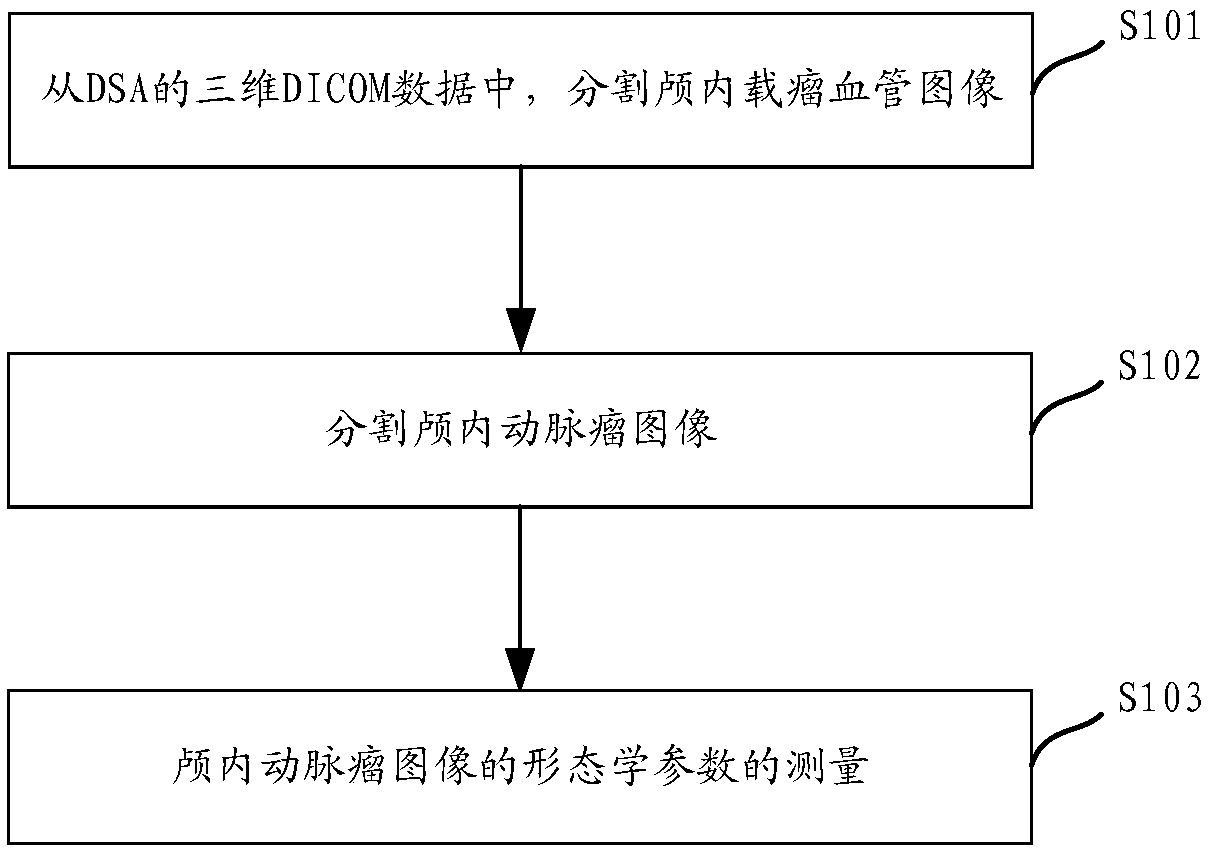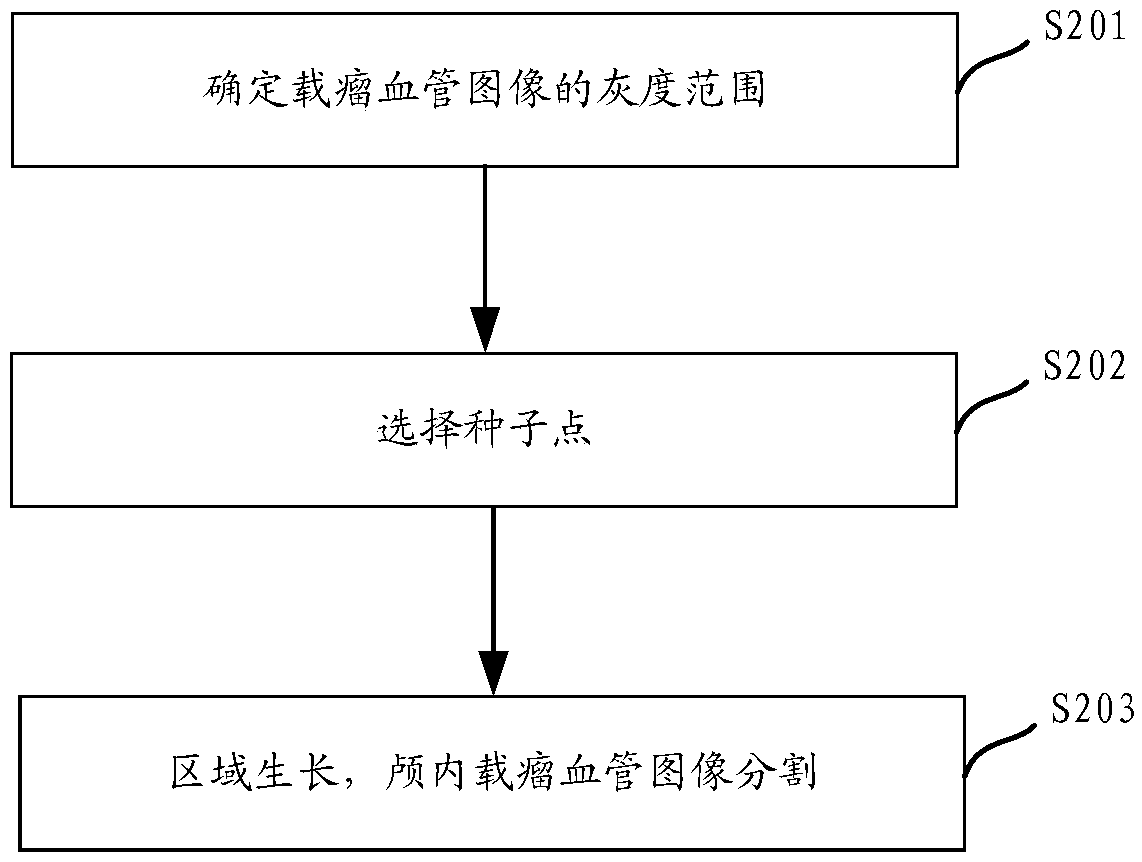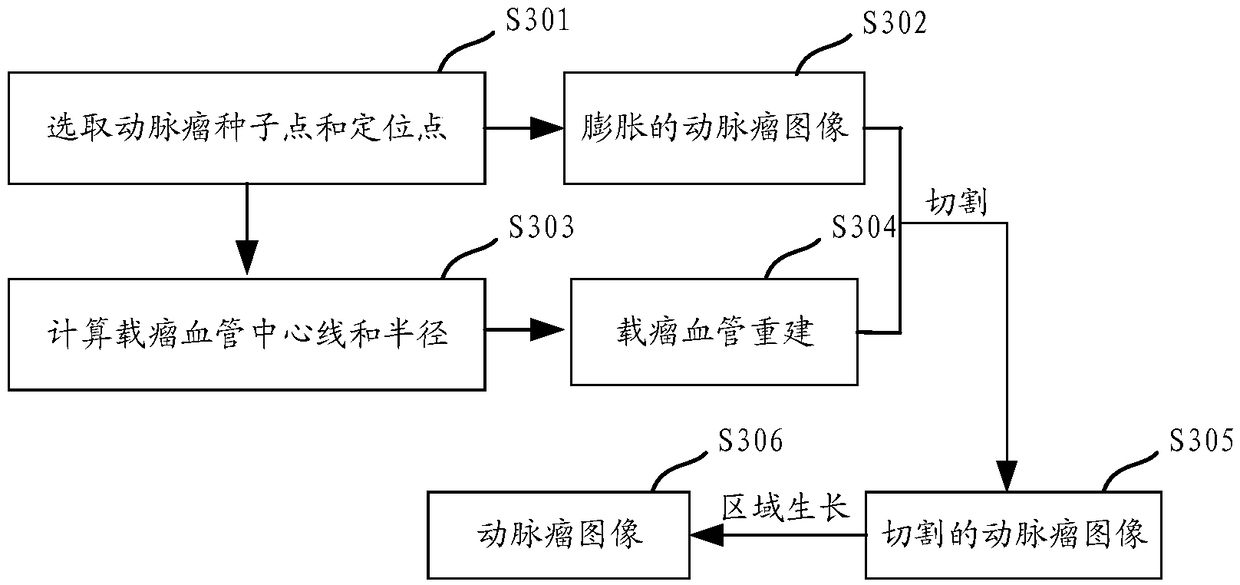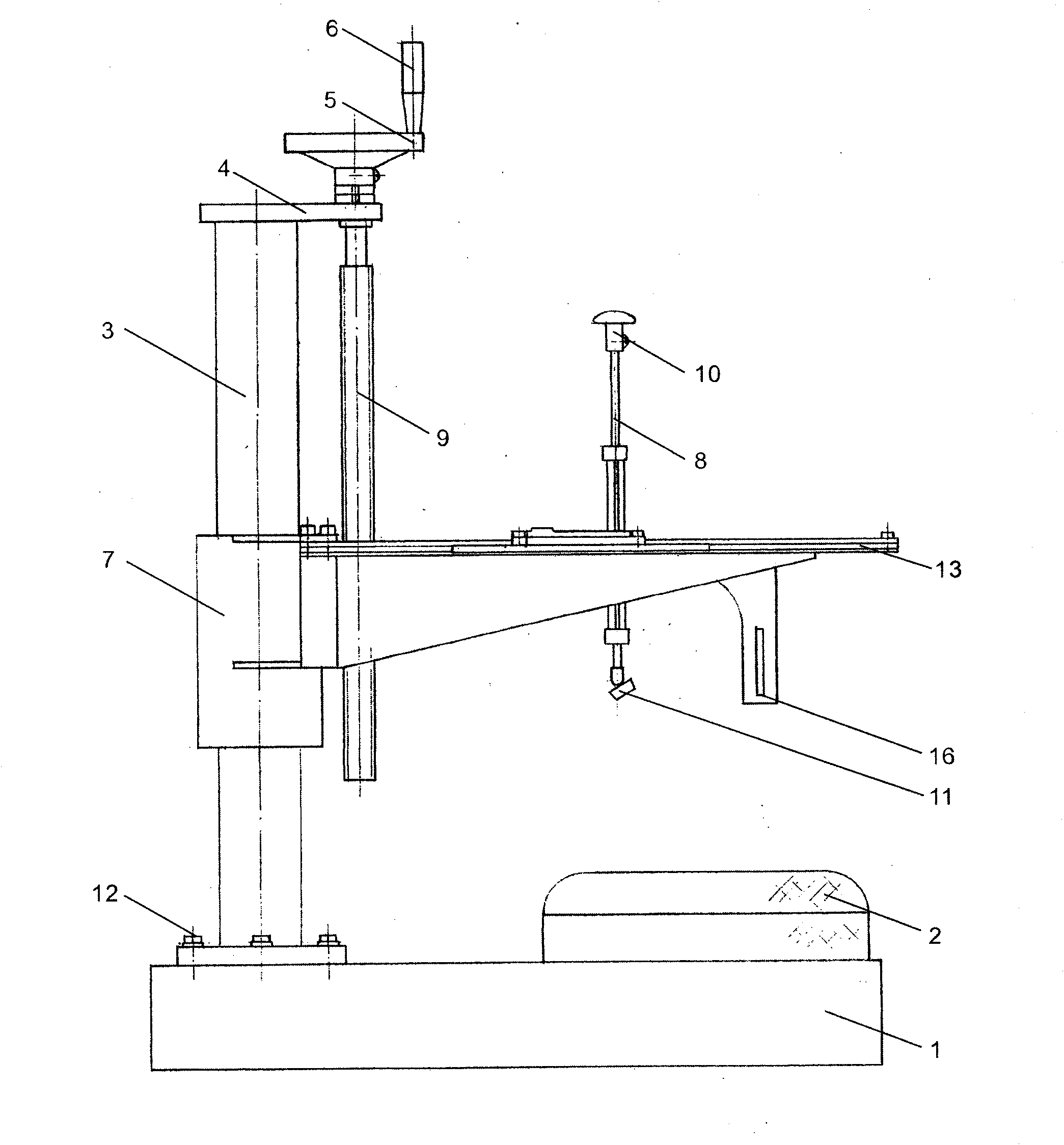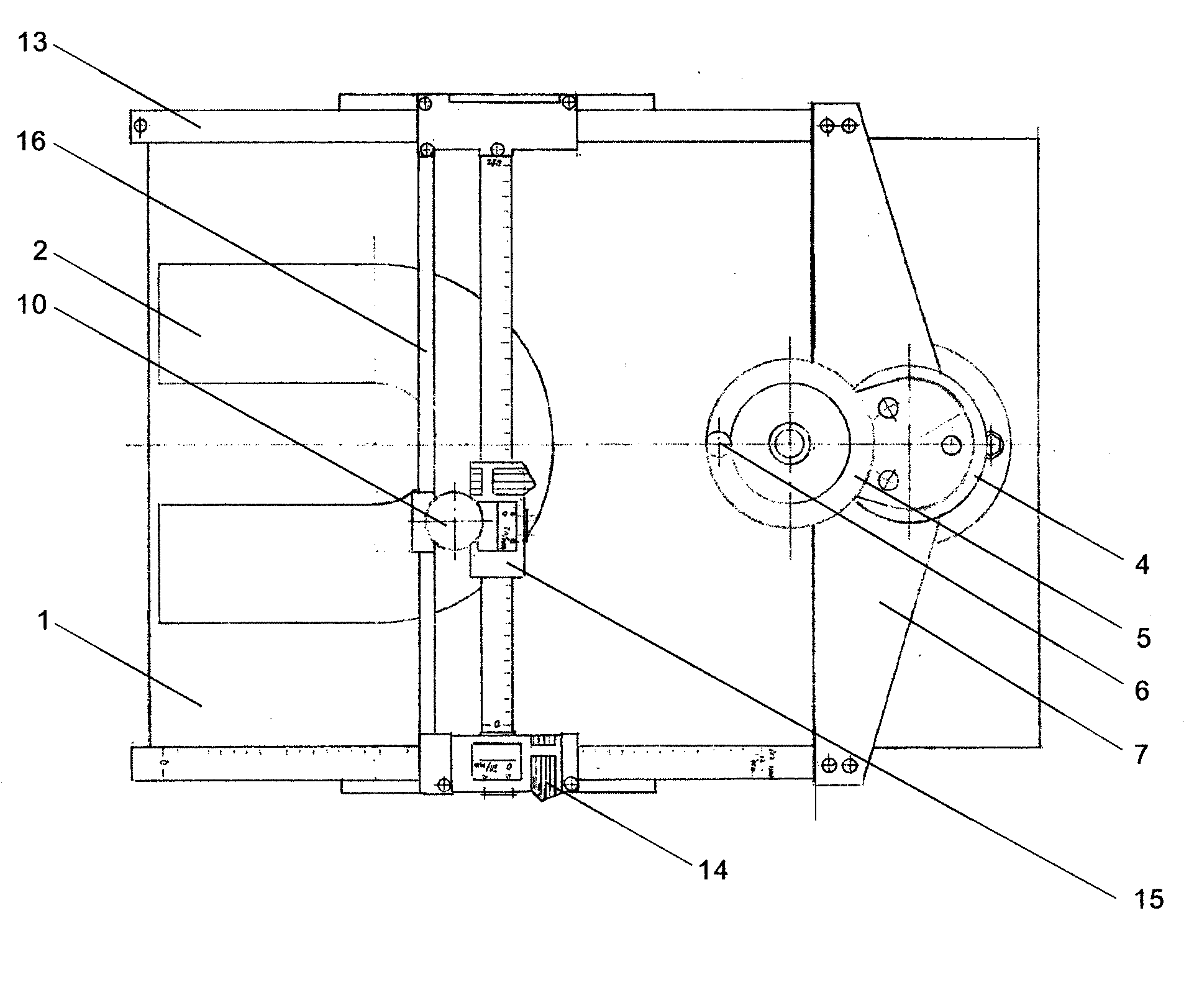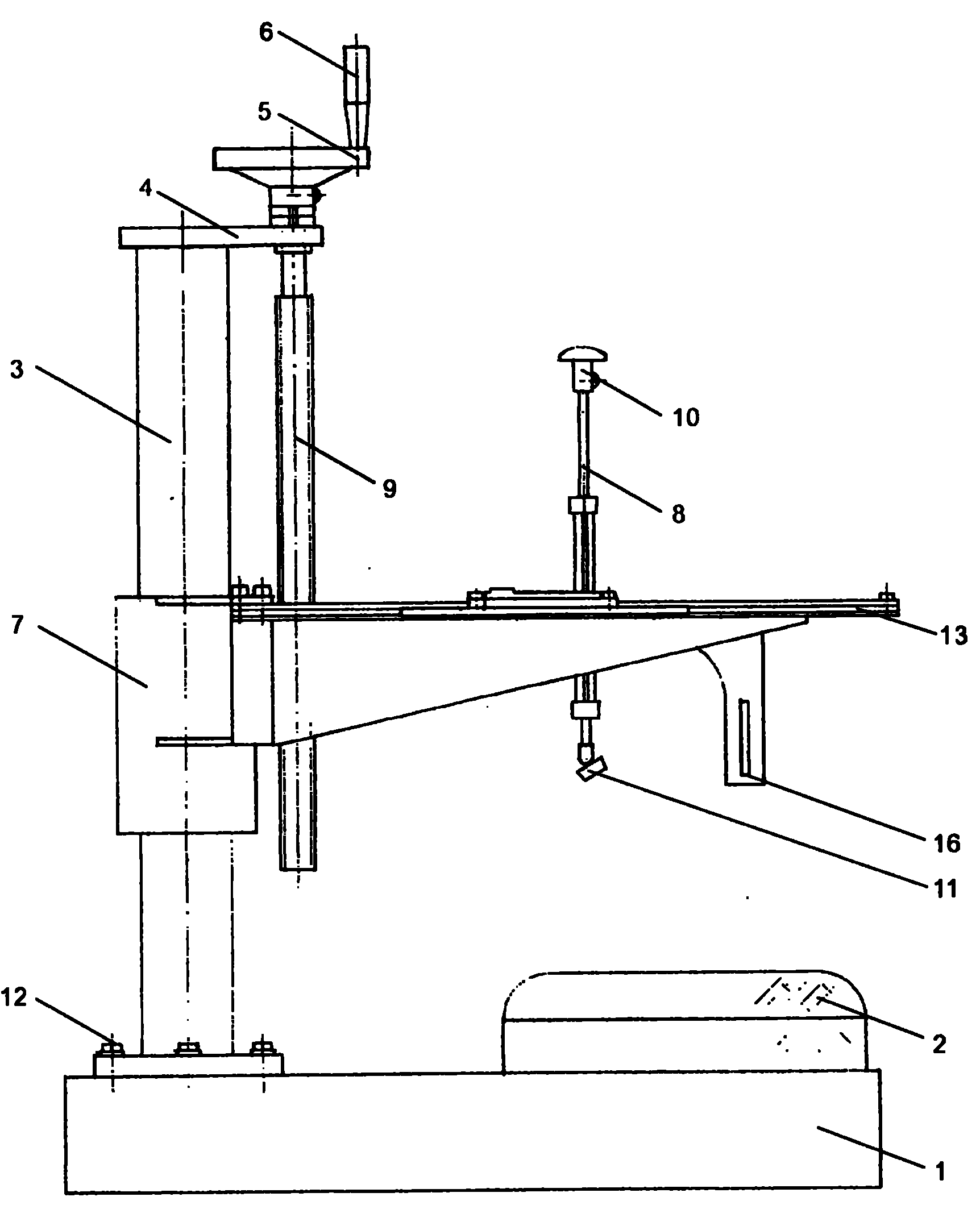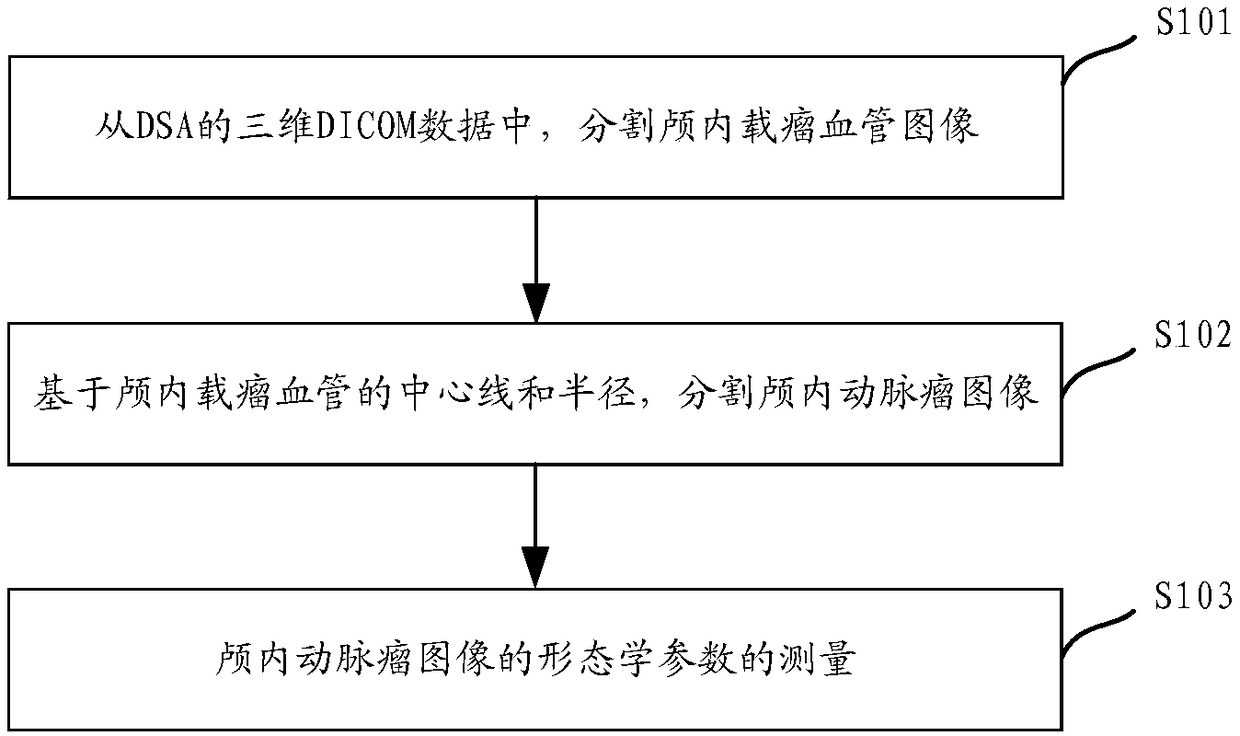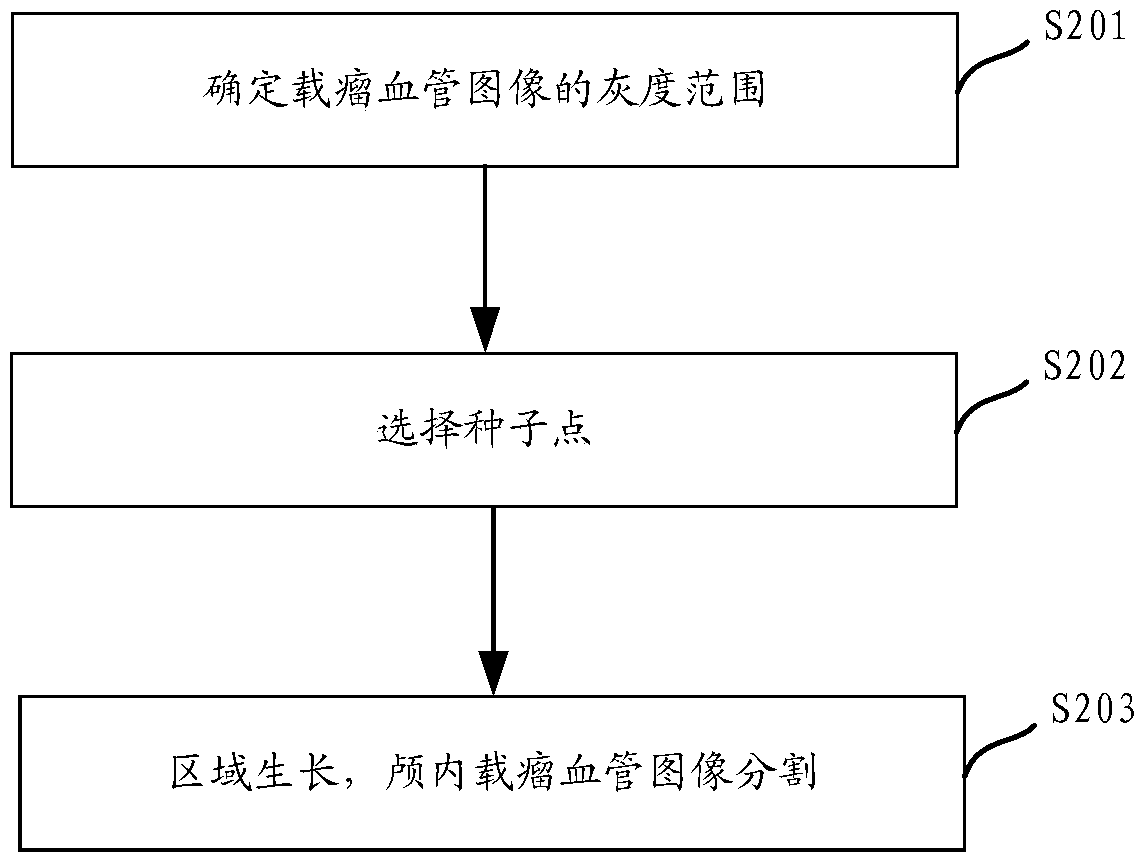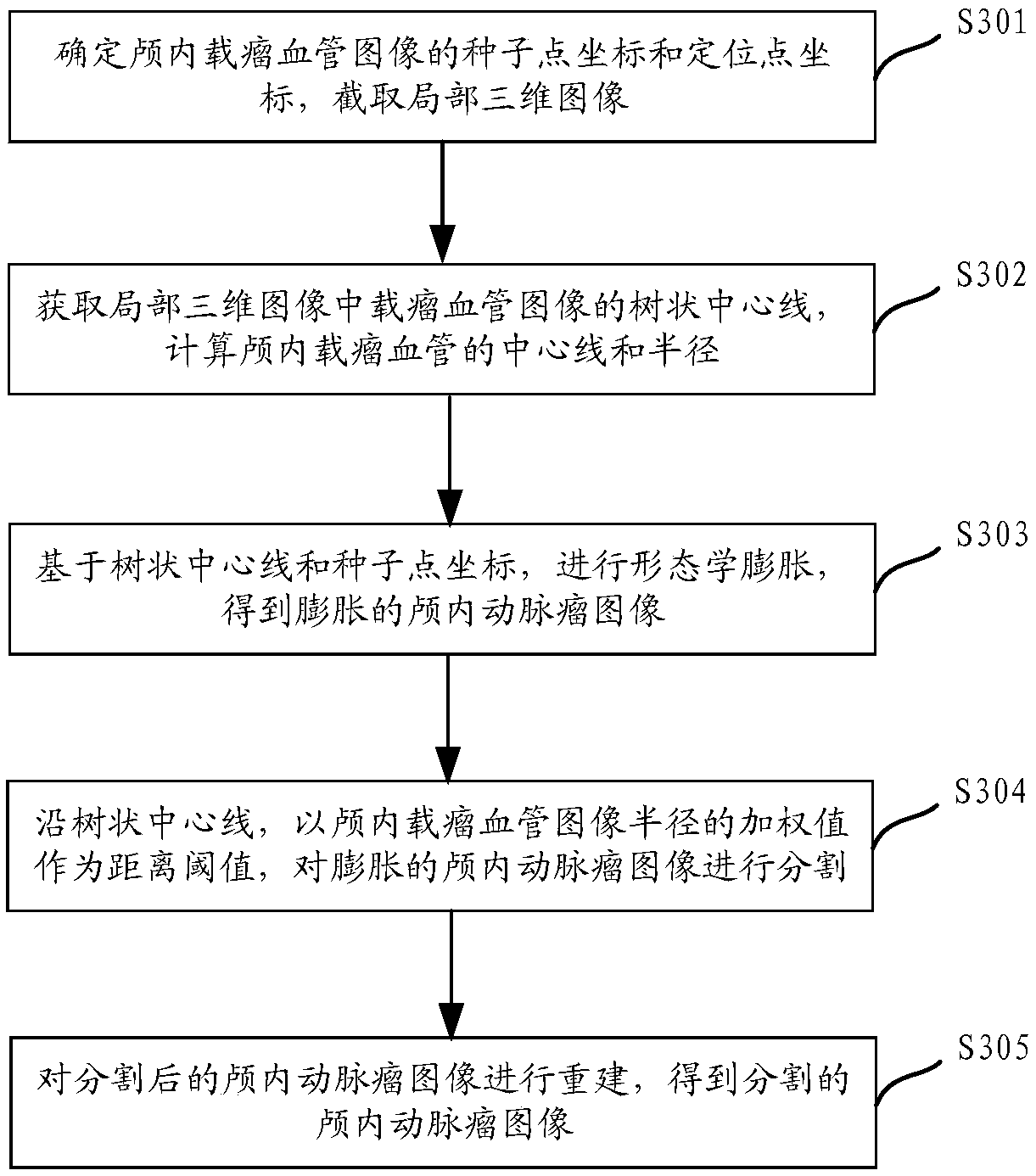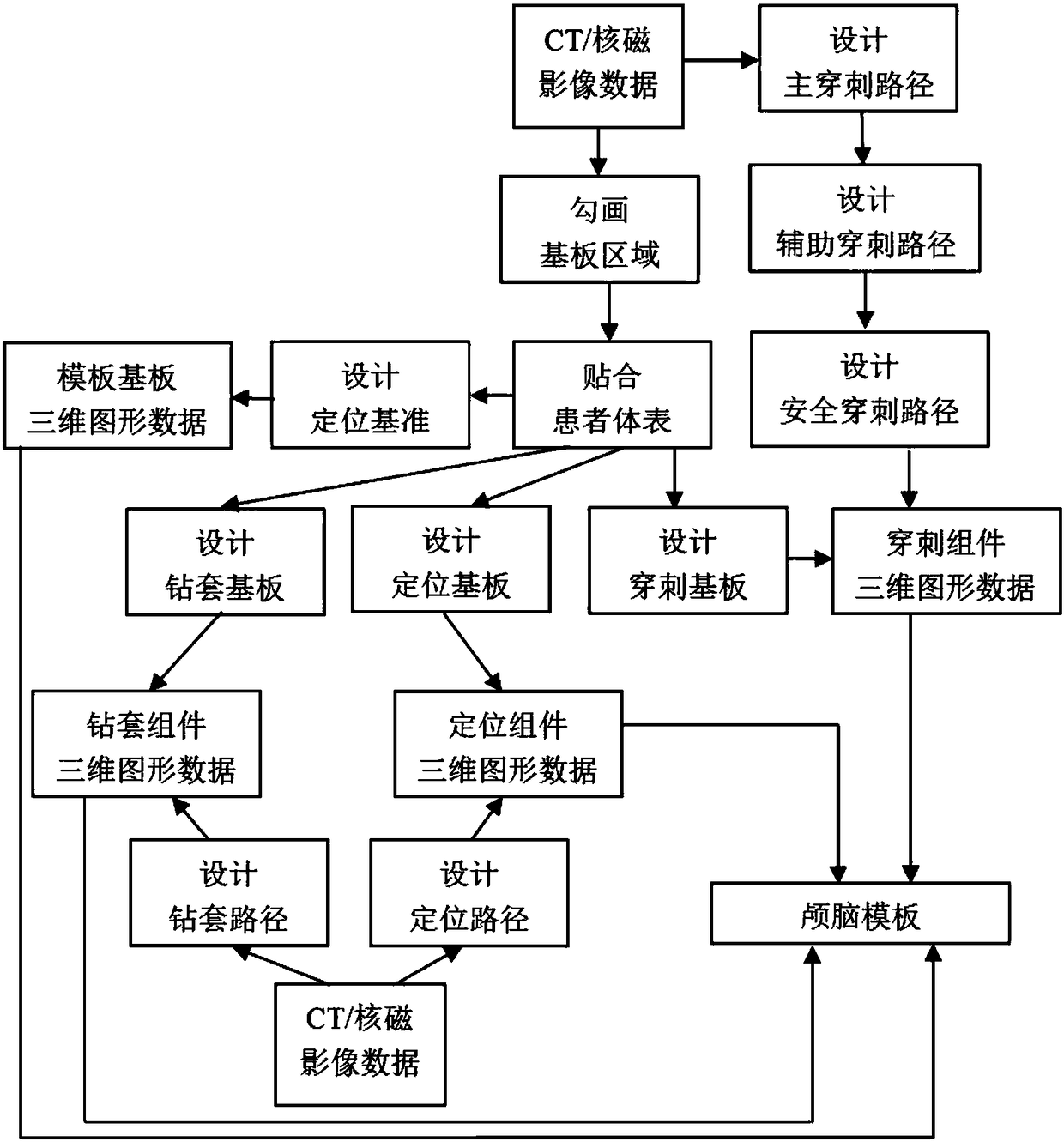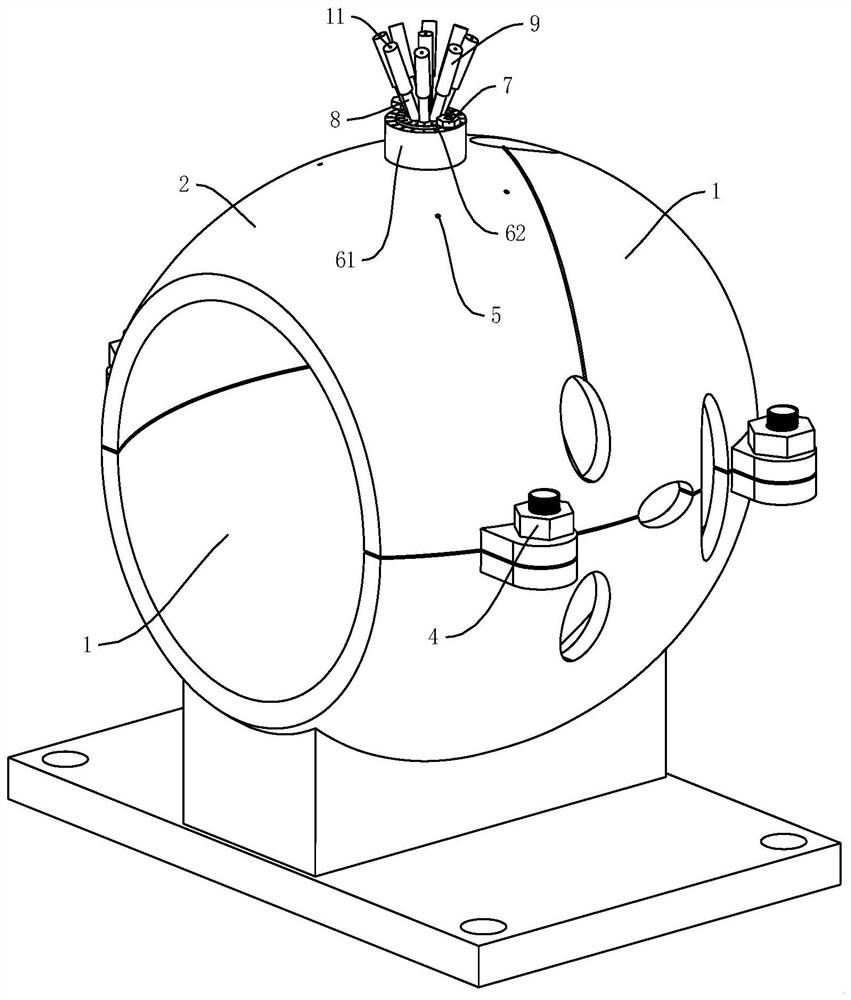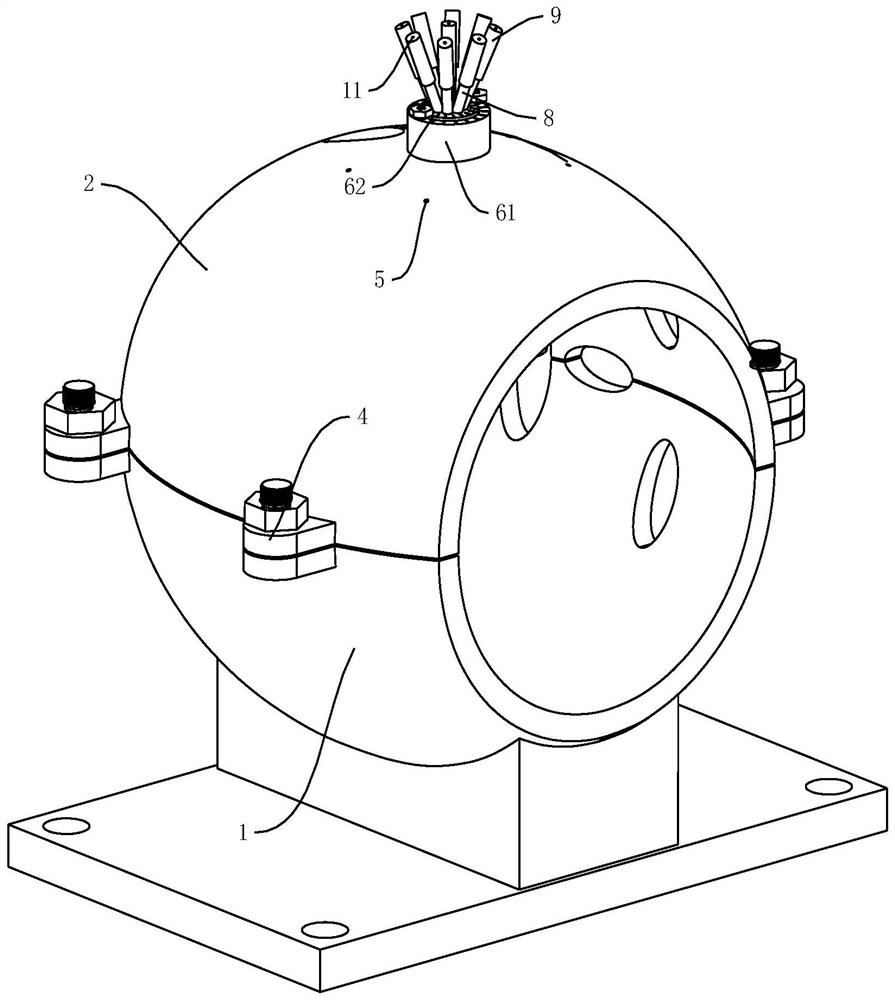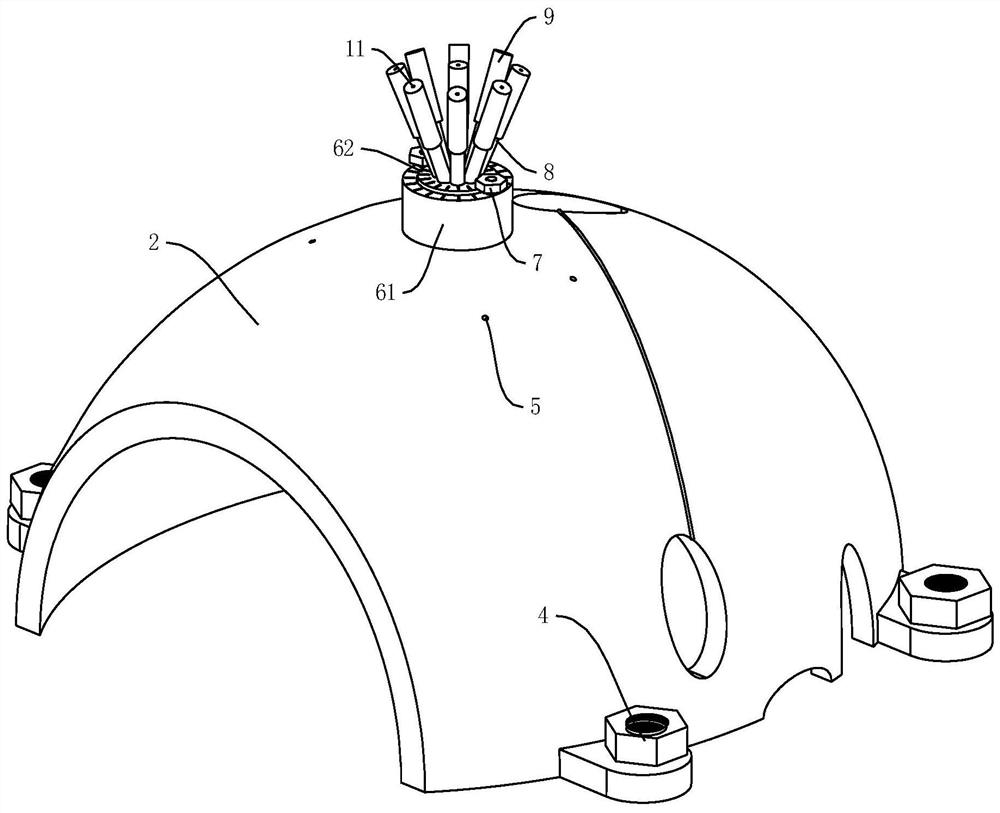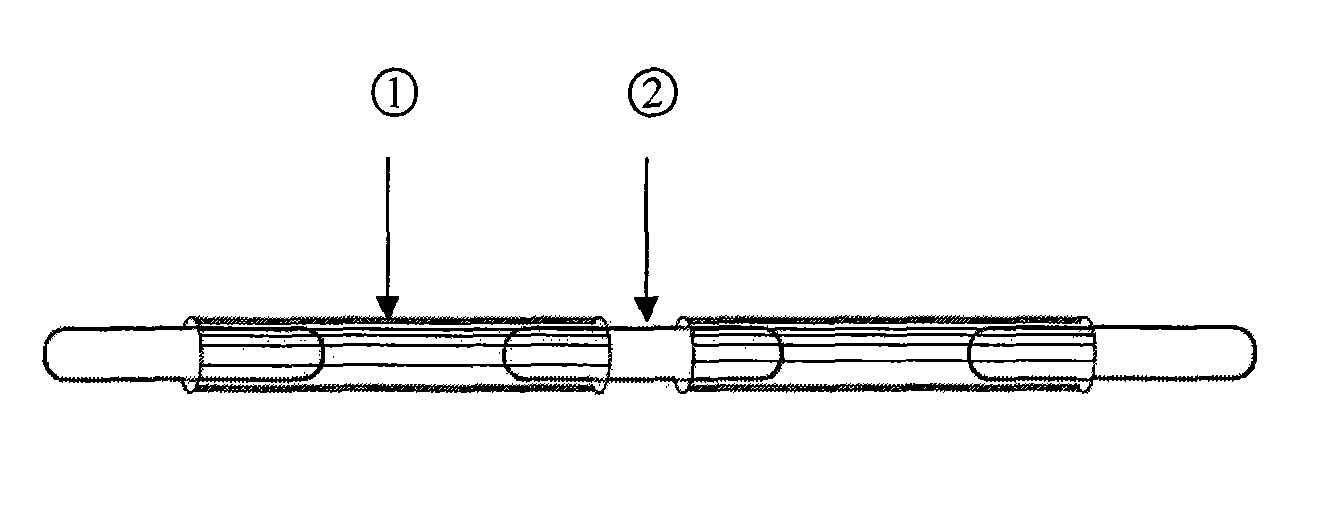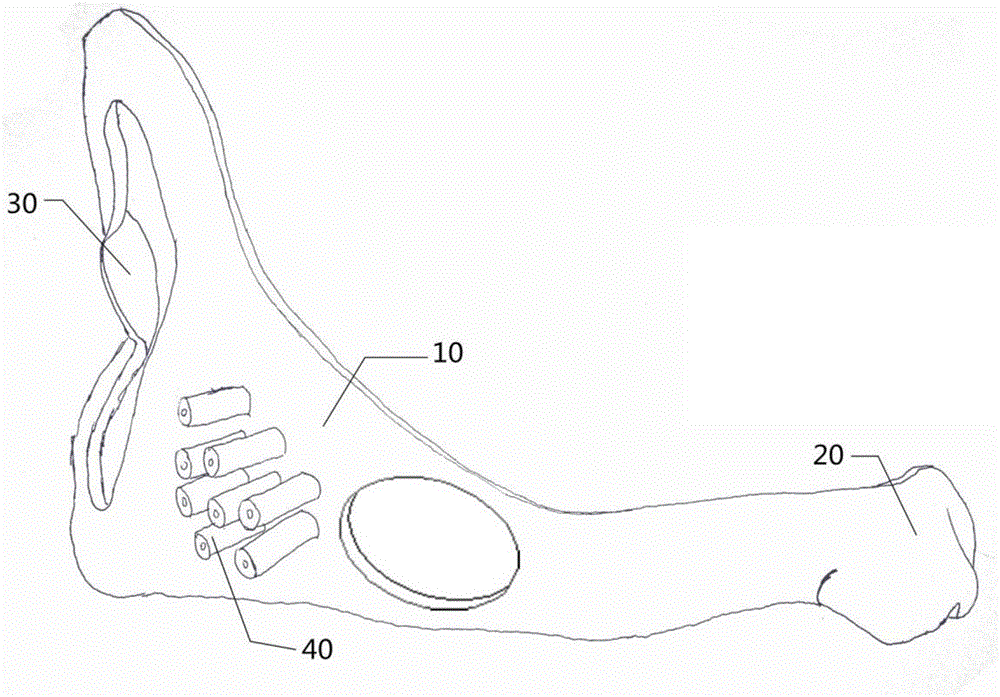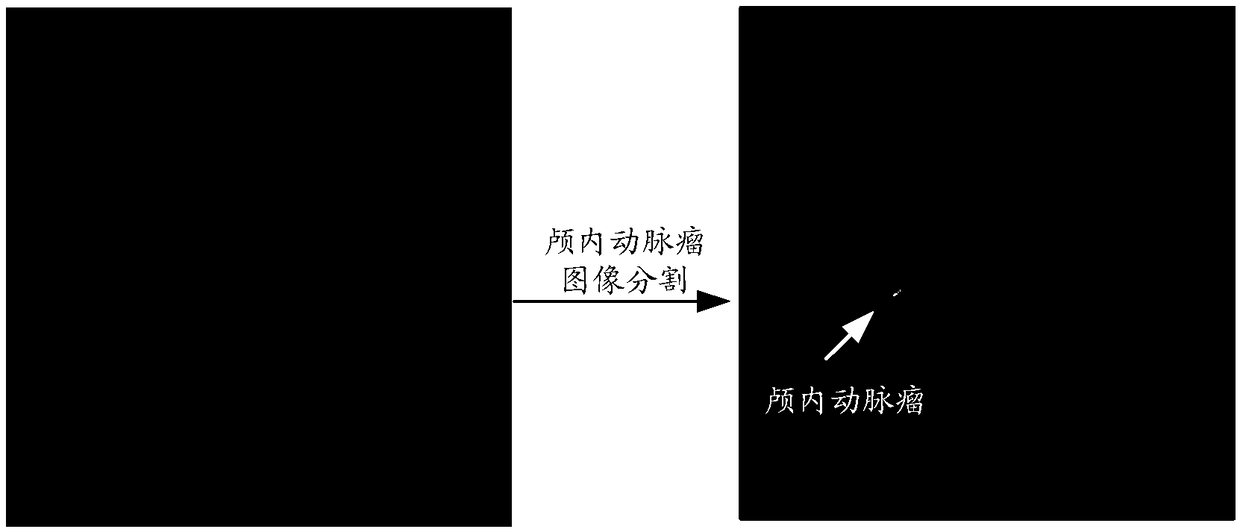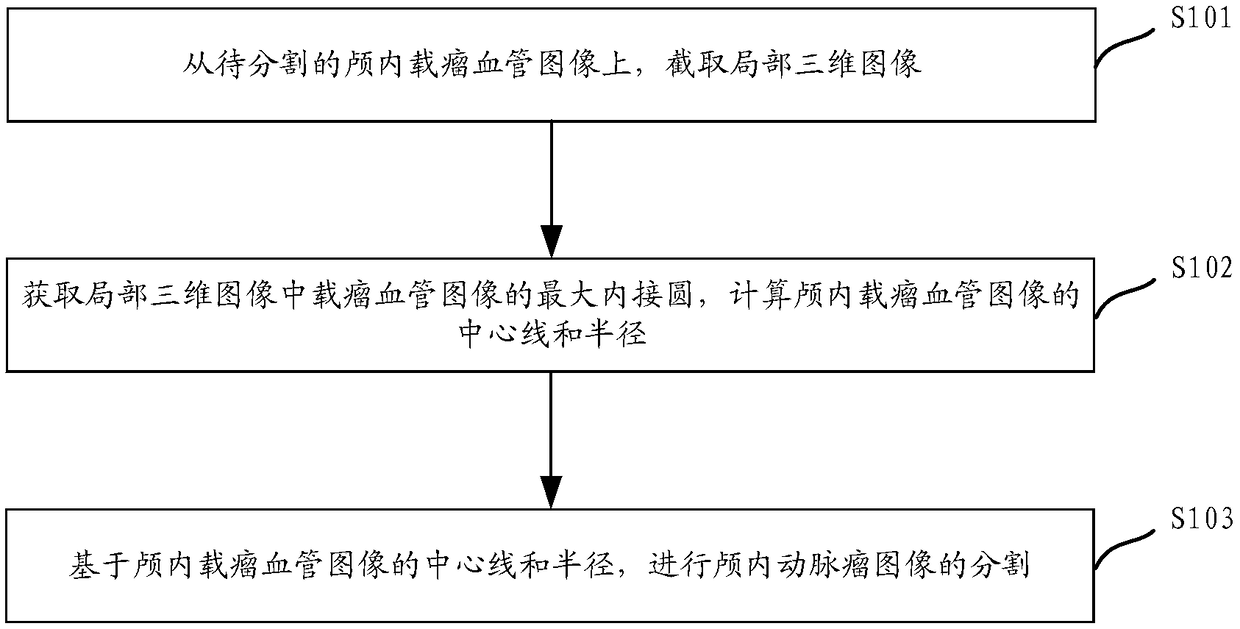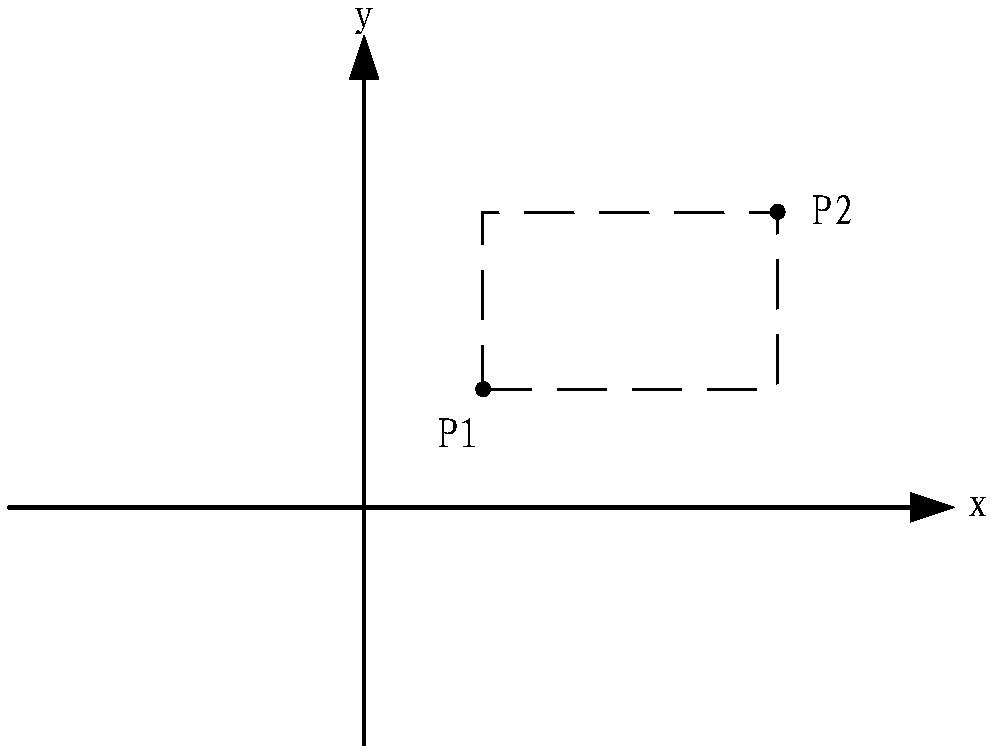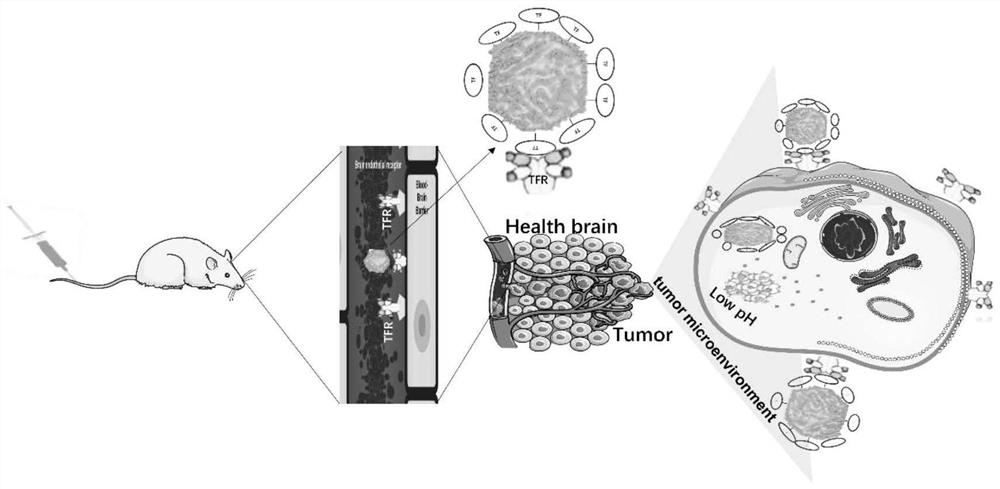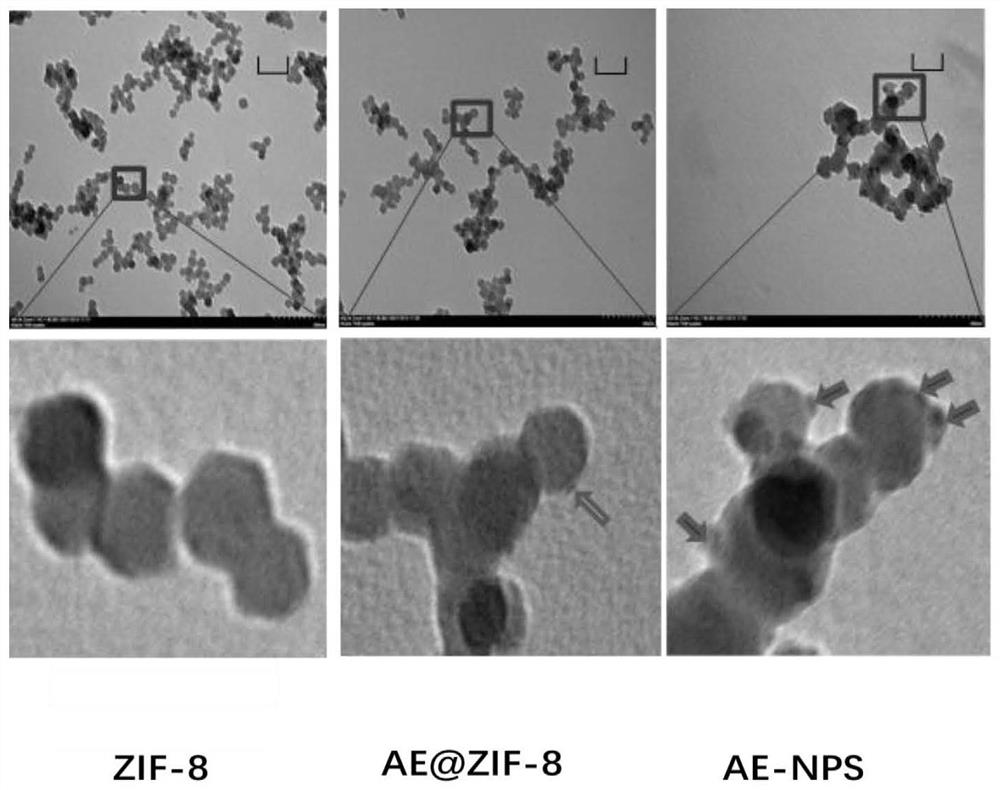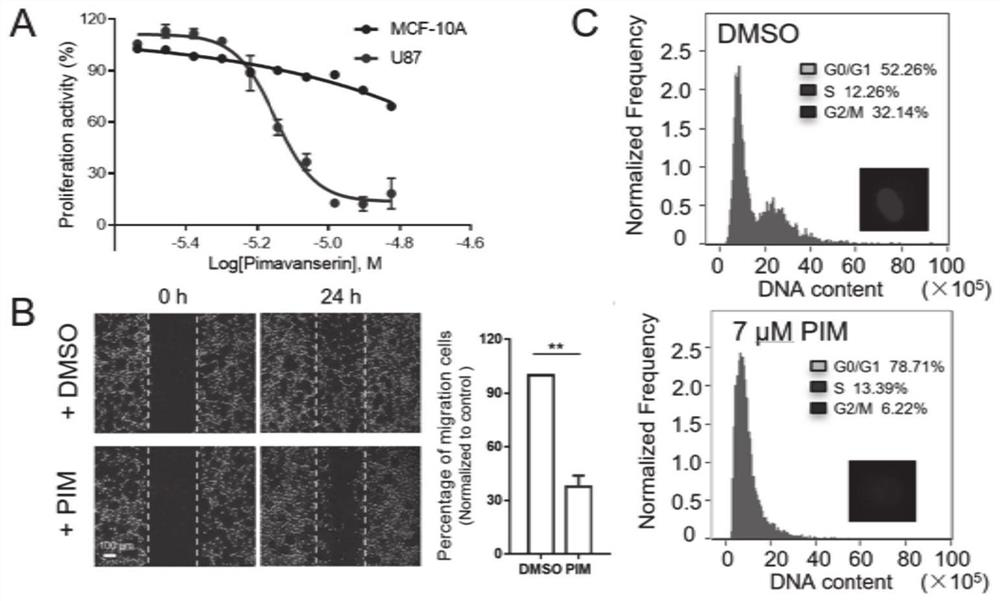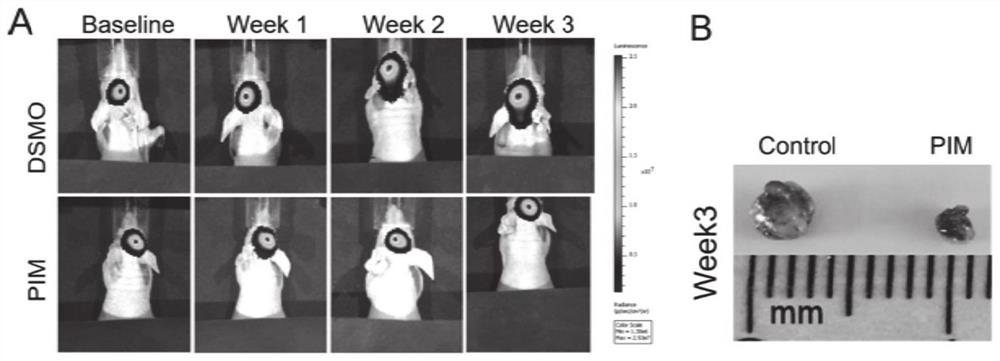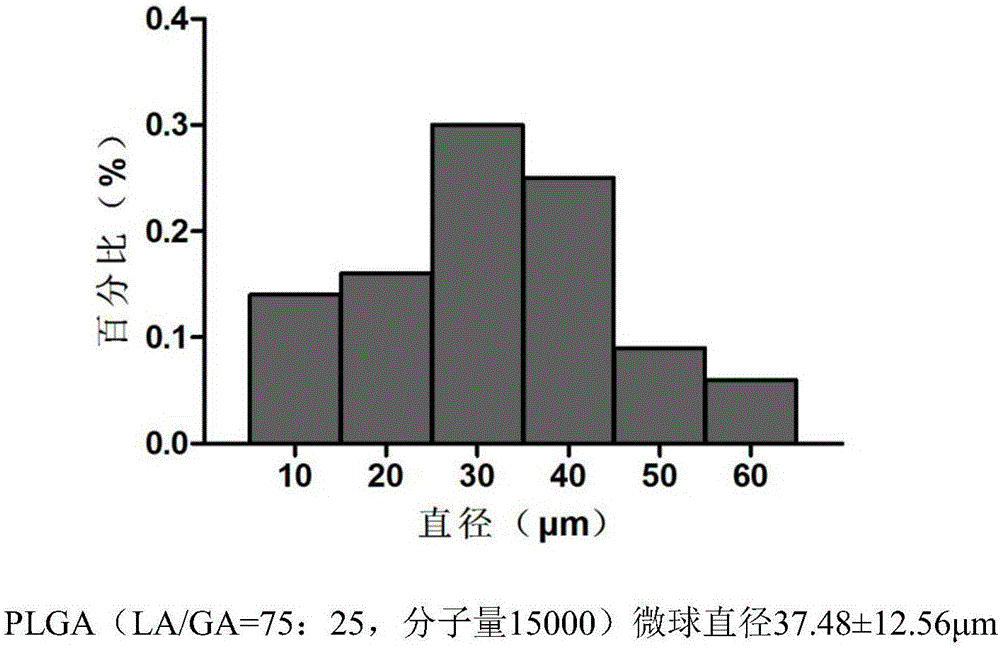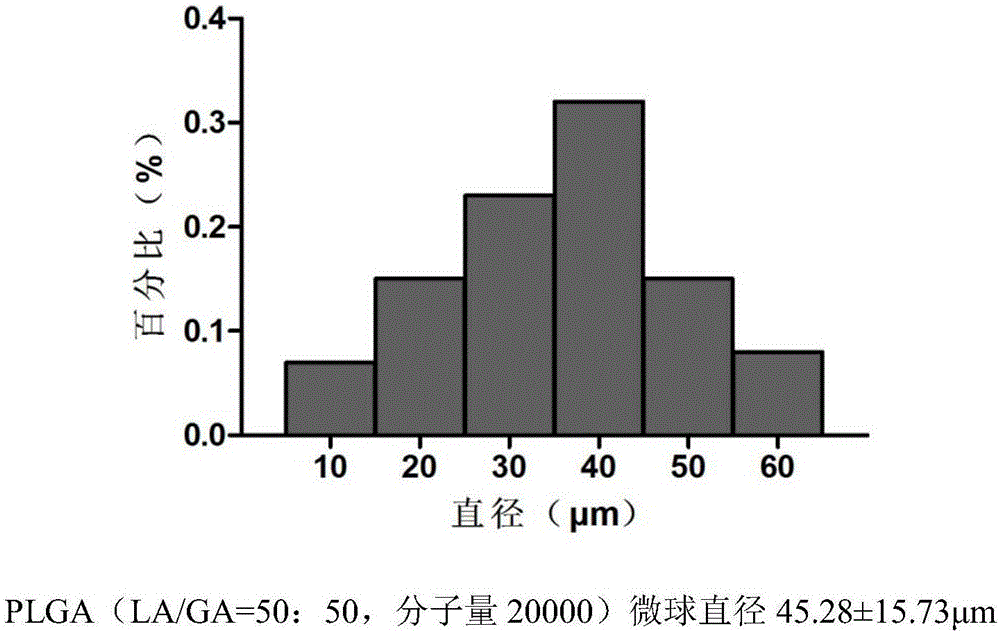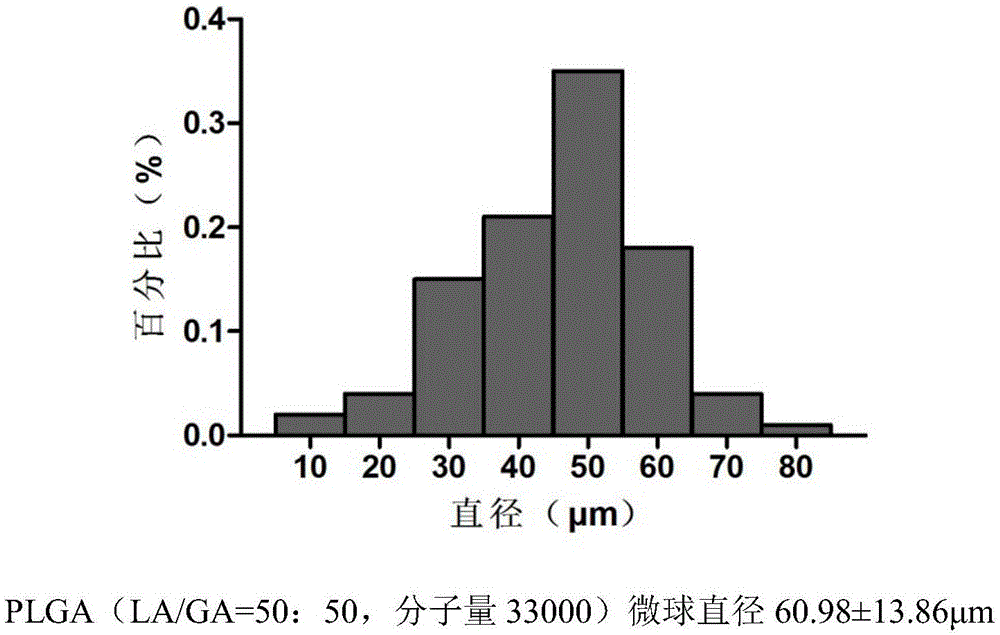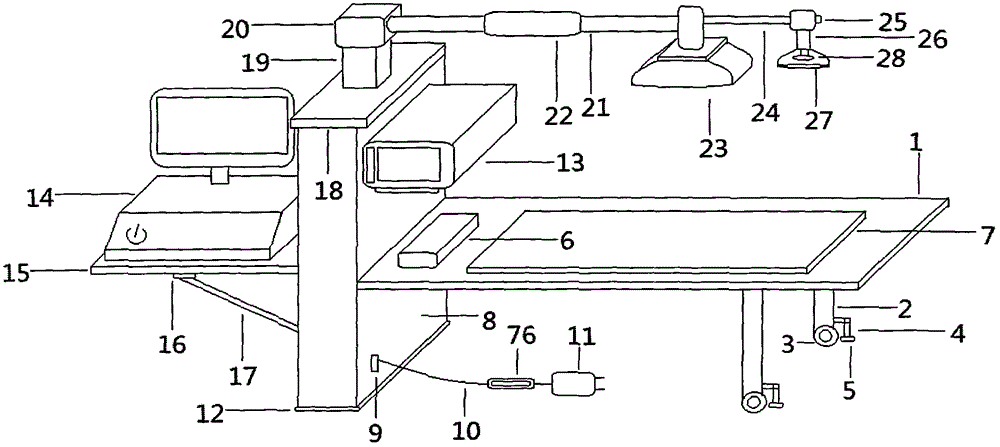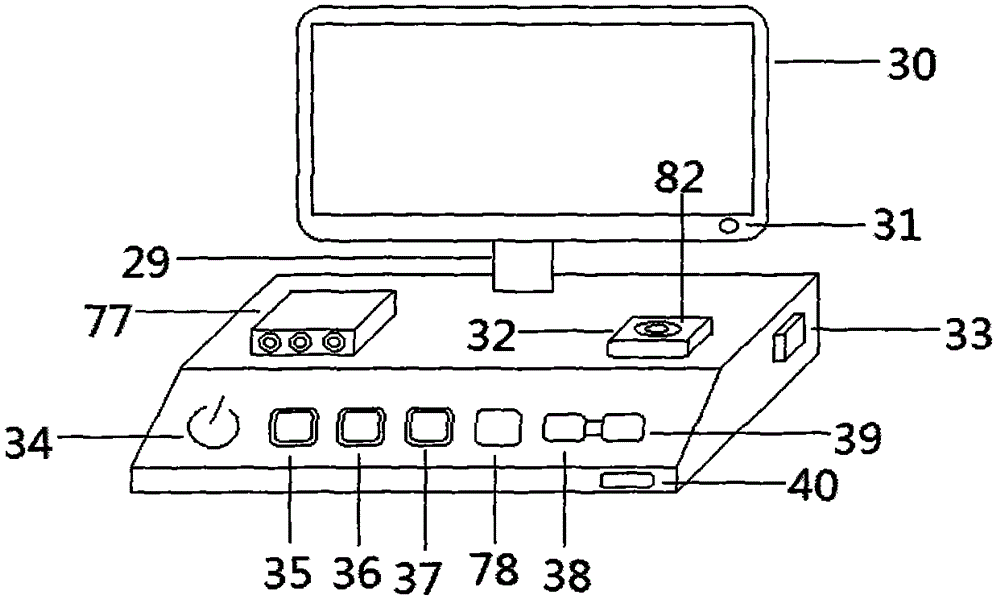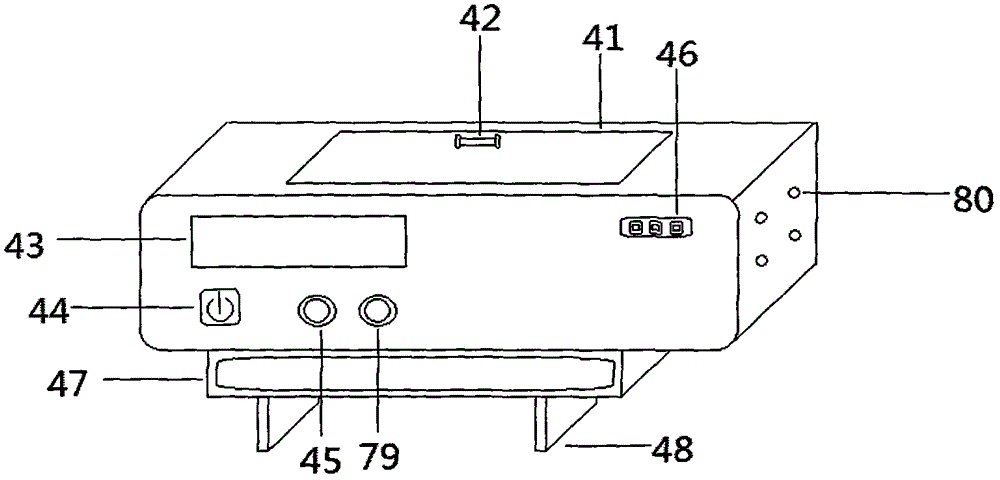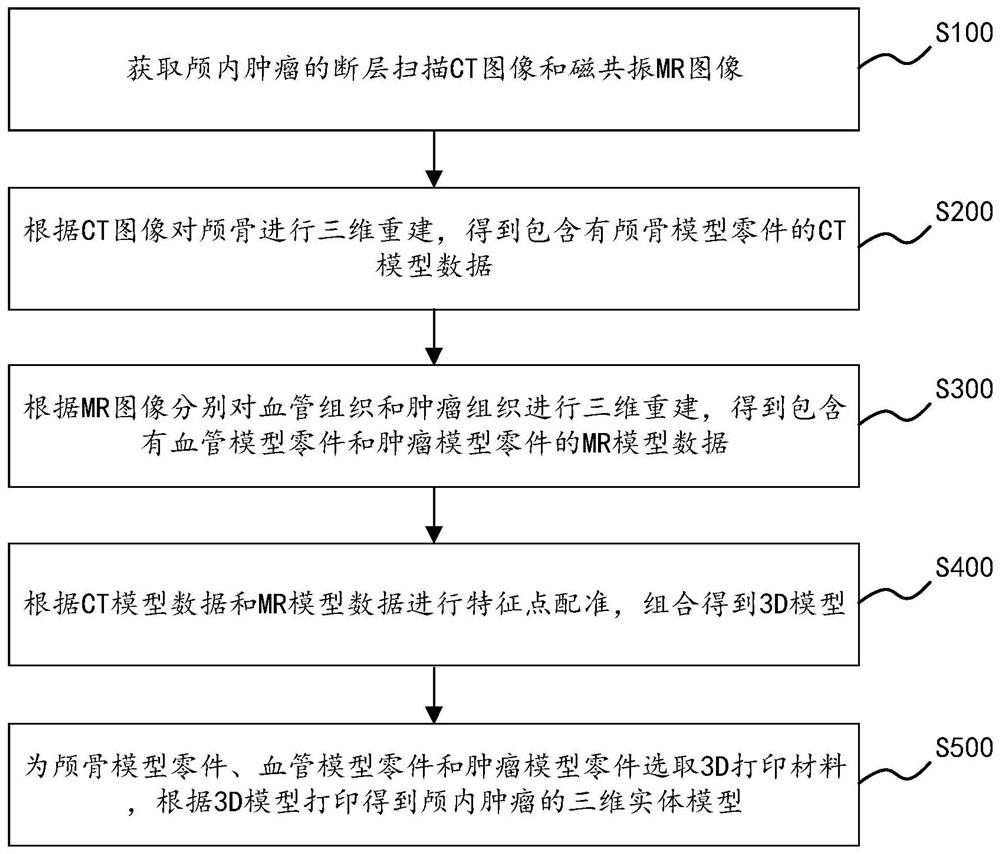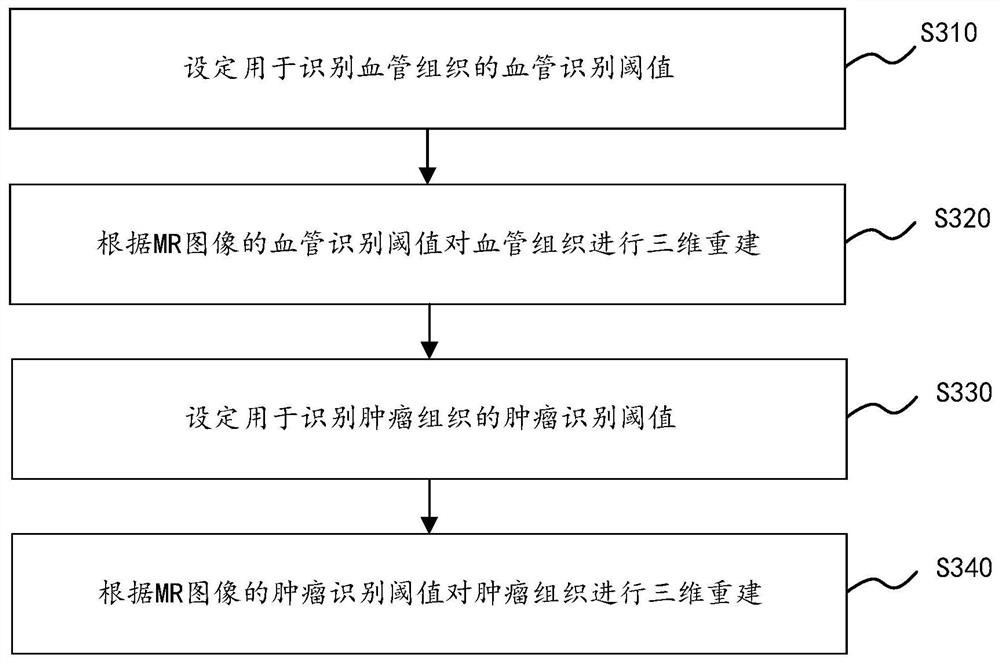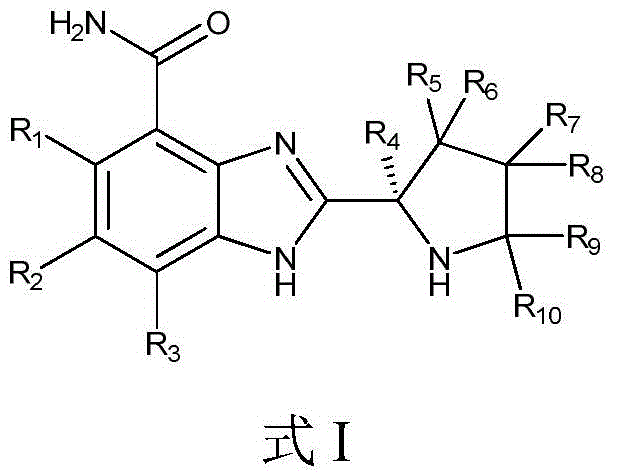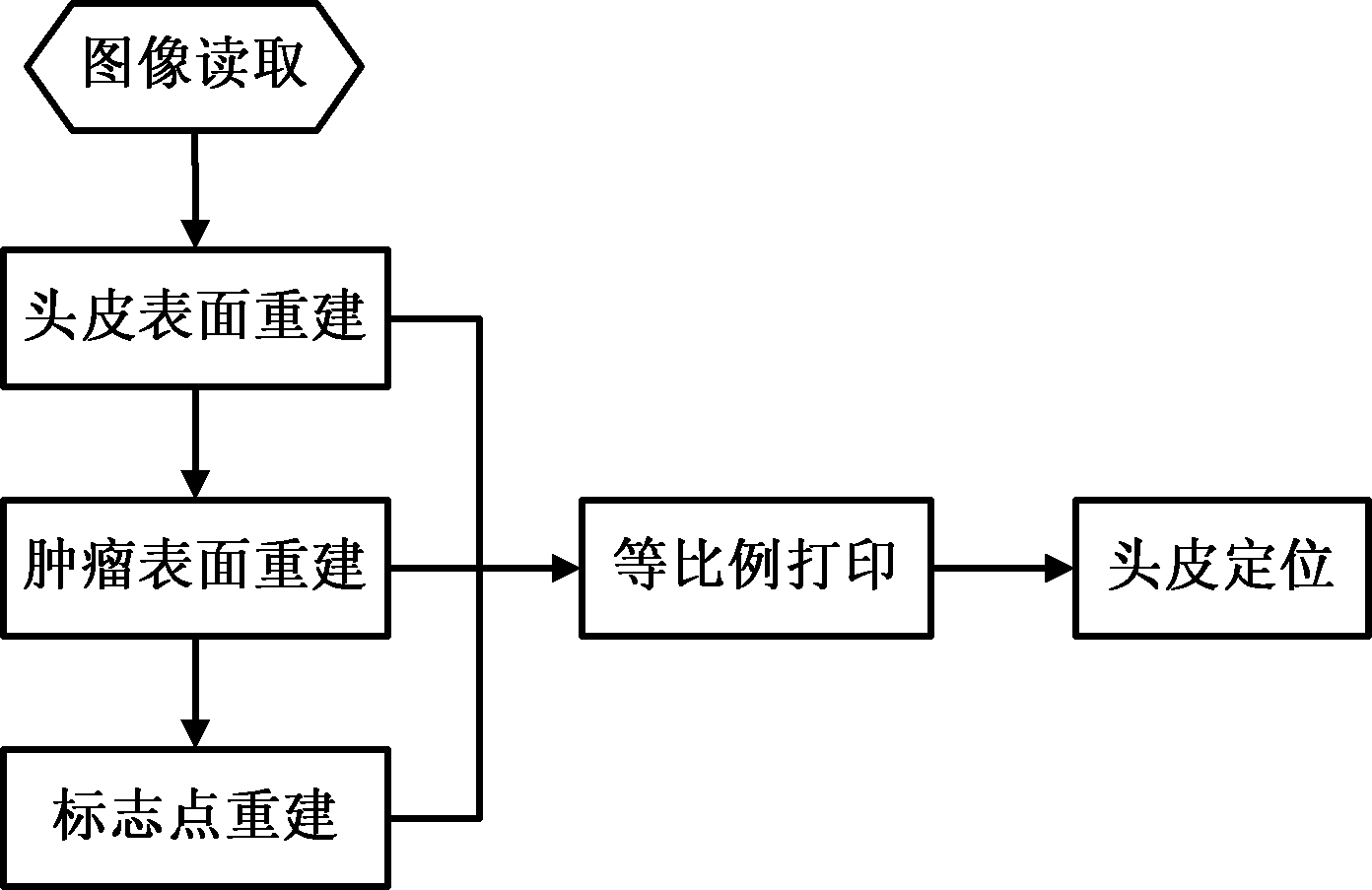Patents
Literature
Hiro is an intelligent assistant for R&D personnel, combined with Patent DNA, to facilitate innovative research.
51 results about "Intracranial tumor" patented technology
Efficacy Topic
Property
Owner
Technical Advancement
Application Domain
Technology Topic
Technology Field Word
Patent Country/Region
Patent Type
Patent Status
Application Year
Inventor
Intracranial tumors may involve the brain or other structures (eg, cranial nerves, meninges). The tumors usually develop during early or middle adulthood but may develop at any age; they are becoming more common among the elderly. Brain tumors are found in about 2% of routine autopsies.
Intracranial tumor operation planning and simulating method based on 3D print technology
InactiveCN104091347AStereoscopic and intuitive anatomical basisHigh precisionImage analysisComputerised tomographsPersonalizationData information
The invention relates to an intracranial tumor comprehensive operation planning and simulating method based on the 3D print technology. DICOM data obtained through patient spiral CT craniocerebral enhancement scanning are utilized first, different partition methods are adopted for data information extraction and reconstruction according to characteristics of skulls, blood vessels and tumors, and registration and fusion of the skulls, the blood vessels and the tumors are achieved in the same coordinate system; craniocerebral entity models of patients are obtained through a rapid prototyping technology and a virtual three-dimensional geometrical model after optimizing processing is conducted; information of diameters, sizes and the number of tumors and adjacent relations between the diameters, the sizes and the number of tumors and important blood vessels and tissue around is extracted, and preoperative comprehensive risk analysis, operation plan design, operation plan simulation and operation risk response analysis are carried out on the basis of the craniocerebral entity models of the patients, personalized operation plans are provided for the patients in order to improve the accuracy and success rate of intracranial tumor excision operations, and a feasible intracranial tumor operation planning and simulating method based on the 3D print technology is explored.
Owner:刘宇清 +4
Method for processing scalp positioning images of brain tumors
ActiveCN102592283AEasy to implementShorten operation timeImage analysis3D modellingImaging equipmentImage Reslicing
The invention discloses a method for processing scalp positioning images of brain tumors, which comprises the following steps of: (1) preliminarily estimating a scalp projected area of a brain tumor of a patient, adhering two mark points which can be identified by an imaging device in the area, obtaining a two-dimensional medical image slice set from the imaging device, and reconstructing a three-dimensional profile of a scalp layer; (2) manually drawing a profile line of the tumor on a two-dimensional image, and reconstructing the surface of the tumor; (3) determining the positions of the two mark points on the two-dimensional image, and reconstructing the mark points; and (4) rotating a profile image of the reconstructed three-dimensional profile image to an appropriate position, and then printing the image in an equal proportion. Compared with the prior art, the method disclosed by the invention is implemented simply; and when the method is applied to the positioning of a brain tumor, the positioning precision meets the demands of tumor resection through a craniotomy, the shortening of operation time and the reduction of surgical traumas are facilitated, and the incision length can be minimized under the premise of guaranteeing good exposures.
Owner:SOUTH CHINA UNIV OF TECH
A method and system for measuring morphological parameters of an image of an intracranial aneurysm
ActiveCN109345585AQuick measurementRealize automatic measurementImage enhancementImage analysisDICOMIliac Aneurysm
A method and system for measure morphological parameters of an image of an intracranial aneurysm is provide in embodiments of that present specification. The embodiment of the present specification solves the problem that the morphological parameter measurement of the intracranial aneurysm image is unable to realize full automatic measurement and the consistency of the measurement is difficult toensure by measuring the morphological parameter of the intracranial aneurysm image. The measurement method includes: segmentation of intracranial tumor-bearing vessel image from three-dimensional DICOM data of MRA; Segmentation of intracranial aneurysms; Morphological parameters of intracranial aneurysms were measured. The method and system for measuring morphological parameters of intracranial aneurysm images provided by the embodiment of the specification can realize automation of intracranial aneurysm image measurement, quickly measure morphological parameters of intracranial aneurysm images, and ensure consistency of morphological parameters measurement results of intracranial aneurysm images.
Owner:UNION STRONG (BEIJING) TECH CO LTD
A method and a system for measuring morphological parameters of an intracranial aneurysm image
ActiveCN109472780AQuick measurementRealize automatic measurementImage enhancementImage analysisDICOMComputer science
Owner:UNION STRONG (BEIJING) TECH CO LTD
Tumor-treating compound and application thereof
ActiveCN104926793AHas antitumor activityStrong therapeutic activityOrganic active ingredientsOrganic chemistry methodsMelanomaHalf-life
Provided in the present invention are a compound for treating tumours and a use thereof, and also provided are a compound as shown in formula I or a pharmaceutically acceptable salt thereof. The compound provided in the present invention has a high medicine peak concentration, a high medicine absorption and a long elimination half life, and can improve the efficacy of the medicine in clinical use and reduce the frequency of the dosages. The compound or the pharmaceutically acceptable salt thereof prepared by the present invention can act as a PARP inhibitor medicine, have a certain anti-tumour activity, and especially have a good therapeutic activity on triple negative, primary or metastatic breast cancer, colon cancer, uterine cancer, pancreatic cancer, lung cancer, stomach cancer, leukemia, melanoma, solid tumors or intracranial tumors, and provide a new choice for clinical medication.
Owner:HINOVA PHARM INC
Viral vector driven mutant bacterial cytosine deaminase gene and uses thereof
InactiveUS20070225245A1Low efficiencyGreat fold substrate preferenceVectorsHydrolasesCytosine deaminaseHuman glioma
The instant invention has developed viral vectors encoding a mutant bacterial cytosine deaminase (bCD) gene, which have a higher affinity for cytosine than wild type bCD (bCDwt). The purpose of the present invention was to evaluate cytotoxicity in vitro and therapeutic efficacy in vivo of these vectors in combination with the prodrug 5-FC and ionizing radiation against human glioma. The present study demonstrates that infection with the viral vector expressing the mutant cytosine deaminase gene resulted in increased 5-FC-mediated cell killing, compared with vectors expressing the wild-type gene. Furthermore, a significant increase in cytotoxicity following infection with viral vector expressing the mutant cytosine deaminase gene and radiation treatment of glioma cells in vitro was demonstrated as compared to infection with viral vector expressing the wild-type gene. Animal studies showed significant inhibition of subcutaneous or intracranial tumor growth of D54MG glioma xenografts by the combination of AdbCD-D314A / 5-FC with ionizing radiation as compared with either agent alone, and with AdbCDwt / 5-FC plus radiation. These data indicate that combined treatment with this mutant enzyme / prodrug therapy and radiotherapy provides a promising approach for cancer therapy.
Owner:BUCHSBAUM DONALD J +3
Traditional Chinese medicine pillow for treating vertigo after brain surgical operation or intracranial tumor operation
InactiveCN104490191APromote blood circulationIncrease mobilityPillowsHeavy metal active ingredientsSurgical operationSide effect
The invention belongs to the technical field of traditional Chinese medicines and particularly relates to a traditional Chinese medicine pillow for treating vertigo after a brain surgical operation or an intracranial tumor operation. The traditional Chinese medicine pillow comprises a pillow core and a pillow case, wherein the pillow core is prepared from the following traditional Chinese medicine raw materials in parts by weight: 80-150 g of magnetite, 80-150 g of amber, 80-150 g of semen ziziphi spinosae, 80-150 g of platycladi seeds, 80-150 g of polygala tenuifolia, 80-150 g of vine of multiflower knotweed, 80-150 g of cortex albiziae, 30-60 g of musk, 80-100 g of acorus tatarinowii, 80-100 g of borneol, 80-100 g of storax, 80-100 g of peppermint, 150-200 g of radix glycyrrhizae, 100-120 g of Szechuan lovage rhizome, 100-120 g of corydalis yanhusuo, 100-120 g of turmeric, 100-120 g of olibanum, 100-120g of costus root, 100-120 g of agastache rugosa, 100-120 g of sandalwood, 150-200 g of cape jasmine fruits, 150-200 g of wild chrysanthemum, 150-200 g of lavender, 80-150 g of catechu, 80-150 g of cassia seeds, 80-150 g of inula flower, 80-150 g of pericarpium zanthoxyli and 100-150 g of tourmaline. The traditional Chinese medicine pillow provided by the invention can nourish heart, calm nerves, awaken brain, enlighten mind, promote qi, regulate qi, improve blood circulation of brain, increase activity of brain, effectively treat vertigo after the brain surgical operation or the intracranial tumor operation, avoid side effects and improve the quality of life of a patient.
Owner:郭巍
Method and a system for measuring morphological parameters of an intracranial aneurysm image
ActiveCN109493348AQuick measurementRealize automatic measurementImage enhancementImage analysisIliac AneurysmComputer science
The embodiment of the invention provides a method and a system for measuring morphological parameters of an intracranial aneurysm image. According to the embodiment of the invention, through measurement of morphological parameters of the intracranial aneurysm image, the problems that full-automatic measurement of the morphological parameters of the intracranial aneurysm image cannot be realized and the measurement consistency is difficult to ensure are solved. The measuring method comprises the following steps: segmenting an intracranial tumor-carrying vessel image from three-dimensional DICOMdata of DSA; segmenting the intracranial aneurysm image; and measuring morphological parameters of the intracranial aneurysm image. According to the method and the system for measuring the morphological parameters of the intracranial aneurysm image provided by the embodiment of the specification, the morphological parameters of the intracranial aneurysm image can be automatically and rapidly measured by measuring the intracranial aneurysm image, and the consistency of morphological parameter measurement results of the aneurysm image is ensured.
Owner:UNION STRONG (BEIJING) TECH CO LTD
Radiotherapy locating device for skull tumors
The invention relates to a radiotherapy locating device for skull tumors. On the basis of three-dimensional conformal construction, the skull of a patient is fixed on the rectangular base with a U pillow; and a hand-operated thread lifting lever is used for ensuring accurate location of the cross section of the intracranial tumor of the patient and the sagittal plane. The invention is convenient and safe to operate; and a vernier is used for measuring the position of the tumor in the skull, thereby further ensuring accurate position of the skull tumor. Compared with a CT simulated locator, the invention has the advantages of flexible movement and low cost, and is economical and practical.
Owner:王萍
A method and a system for measuring morphological parameters of an intracranial aneurysm image
ActiveCN109472823AQuick measurementRealize automatic measurementImage enhancementImage analysisIliac AneurysmCranial aneurysm
The embodiment of the invention provides a method and a system for measuring morphological parameters of an intracranial aneurysm image. According to the embodiment of the invention, through measurement of morphological parameters of the intracranial aneurysm image, the problems that full-automatic measurement of the morphological parameters of the intracranial aneurysm image cannot be realized and the measurement consistency is difficult to ensure are solved. The measuring method comprises the following steps: segmenting an intracranial tumor-carrying vessel image from three-dimensional DICOMdata of DSA; Segmenting an intracranial aneurysm image based on the center line and the radius of the intracranial aneurysm-carrying blood vessel; And measuring morphological parameters of the intracranial aneurysm image. According to the method and the system for measuring the morphological parameters of the intracranial aneurysm image provided by the embodiment of the specification, the morphological parameters of the intracranial aneurysm image can be automatically and rapidly measured by measuring the intracranial aneurysm image, and the consistency of morphological parameter measurementresults of the aneurysm image is ensured.
Owner:UNION STRONG (BEIJING) TECH CO LTD
Design method of 3D printing template for intracranial tumor positioning, drilling and puncturing operations
PendingCN108523999ARestore accuratelyEnsure safetyAdditive manufacturing apparatusSurgical needlesTreatment effectBrain section
The invention provides a design method of a 3D printing template for intracranial tumor positioning, drilling and puncturing operations. The method comprises the steps of design of a replaceable assembly and design of a template substrate, wherein the replaceable assembly specifically comprises a positioning assembly, a drill bush assembly and a puncturing assembly. The method provided by the invention takes the position and the form of a brain tumor of a patient and the relation of the brain tumor with surrounding tissues as a basis, generates a three-dimensional data model based on a software tool, and can be directly used for executing 3D printing. The product configuration obtained by printing can accurately reflect the true spatial configuration of a lesion area and can completely restore the design idea of a clinician, so that the safety of a puncturing operation and the treatment effect are ensured, the working efficiency is greatly improved, the cost is obviously lowered, the operation is simple, and the maintenance is convenient. Furthermore, because the method can adapt to specific conditions of various cases, the requirements of individualized and precise medical treatment for patients can be met.
Owner:李成利 +1
Auxiliary device based on intracranial tumor puncture treatment and preparation method
InactiveCN112336437AGuaranteed certaintyAdditive manufacturing apparatusOperating tablesReoperative surgery3d printed
The invention discloses an auxiliary device based on intracranial tumor puncture treatment and a preparation method, and particularly relates to the technical field of medical treatment. The auxiliarydevice comprises a fixing device and a puncture guiding device, wherein the fixing device comprises a lower fixing part and an upper fixing part, a fixing cavity is defined between the opposite surfaces of the lower fixing part and the upper fixing part, a round hole 12 perpendicular to the surface of the upper fixing part and penetrating through the upper fixing part is formed in the upper fixing part, and round holes 5 enabling the upper fixing part to be hollow are formed in the outer side of the round hole 12. According to the invention, a personalized fixing and guiding device is manufactured by utilizing a 3D printing technology to assist in performing the operation in a medical and industrial combined mode, and then the fixing device attached to a CT scanning bed is manufactured according to the CT image of the patient to realize the fixation of the body position, so that the CT scanning body position planned by the dose of the patient is consistent with the intraoperative bodyposition; and besides, a positioning guide plate for intraoperative assistance is manufactured according to a needle passage determined by a dose planning scheme, so that the determinacy of the puncture depth and angle is ensured while intraoperative adjustment is realized, and operation in the planning scheme and intraoperative implementation are unified.
Owner:THE AFFILIATED HOSPITAL OF QINGDAO UNIV
Radioactive particle chain connected by controllable and fast degradable magnesium and magnesium alloy
InactiveCN101804238AImprove mechanical propertiesNo bendingRadiation therapyProstate cancerNasopharyngeal carcinoma
The invention discloses a radioactive particle chain connected by controllable and fast degradable magnesium and a magnesium alloy and belongs to the field of medical devices implanted in bodies. The radioactive particle chain with certain length is prepared by connecting the controllable and fast degradable magnesium, the magnesium alloy 1 and radioactive particles 2 through welding at certain distances. The radioactive particles have the therapeutical effect, and the magnesium and the magnesium alloy are used as connecting materials, so that the radioactive particle chain comprises unique controllable and fast degradation characteristics. The radioactive particle chain has the functions of ensuring uniform distribution of the particles, preventing the particles wandering, and reducing distances among the particles with reduction of tumors and making the particles uniformly distributed on focuses all the time when the particle chain is degraded after being implanted for 1 to 2 months. The radioactive particle chain is suitable for curing extensive diseases such as intracranial tumors, nasopharyngeal carcinoma, oropharyngeal carcinoma, tongue cancer, cervical metastatic tumors, lung cancer, breast cancer, pancreatic cancer, cholangiocarcinoma, liver cancer, prostate cancer, gynecological tumors, and soft tissue and bone tumors.
Owner:张福君 +1
Radioactive particle chain connected by controlled degradable magnesium and magnesium alloy pipe
InactiveCN101987226AImprove mechanical propertiesNo bendingMedical devicesRadioactive preparation carriersLymphatic SpreadProstate cancer
The invention discloses a radioactive particle chain connected by a controlled degradable magnesium and magnesium alloy pipe, which belongs to the field of medical appliance implanted to an organism. The radioactive particles 2 are connected by the controlled degradable magnesium and ultra-thin magnesium alloy pipe 1 at a certain interval. In the invention, the radioactive particle plays a treatment role, and the magnesium and magnesium alloy pipe acts as a connecting material. Due to controllable rapid degradation characteristics, the radioactive particle chain can ensure uniform distribution of particles and prevent particles from wandering. The chain is degradable after being implanted for one week to one month, so that the interval between particles can be reduced with the shrinking of a tumor to uniformly distribute the particles within a lesion. The radioactive particle chain of the invention can be used for treating extensive diseases, which mainly comprise intracranial tumor, nasopharyngeal carcinoma, oropharyngeal cancer, tongue cancer, neck metastases, lung cancer, breast cancer, pancreatic cancer, cholangiocarcinoma, liver cancer, prostate cancer, gynecological tumor, soft tissue and bone tumor.
Owner:张振
Segmentation method and system for an intracranial aneurysm image
ActiveCN109584261ARealize automatic segmentationAuto Split FastImage enhancementImage analysisAutomatic segmentationNuclear medicine
The embodiment of the invention provides an intracranial aneurysm image segmentation method and system, and the method comprises the steps: intercepting a local three-dimensional image from a to-be-segmented intracranial aneurysm-carrying blood vessel image; Acquiring a tree-shaped central line of the local three-dimensional image, and calculating the central line and the radius of the intracranial tumor-carrying blood vessel image; And segmenting the intracranial aneurysm image based on the center line and the radius of the intracranial aneurysm-carrying blood vessel image. The intracranial aneurysm image segmentation method is good in segmentation precision and high in segmentation efficiency, and automatic segmentation of the intracranial aneurysm image is achieved.
Owner:XUANWU HOSPITAL OF CAPITAL UNIV OF MEDICAL SCI
Radiotherapy guide plate of intracranial tumors
InactiveCN105664380AAvoid damageGuarantee the quality of treatmentX-ray/gamma-ray/particle-irradiation therapy3d printNose
The embodiment of the invention discloses a radiotherapy guide plate of intracranial tumors, which includes: a main body part arranged in an arc shape and covering the up side of the face side, wherein the arc shape bending degree is determined according to a human body head curve; and a nose attachment part connected to one side of the main body part and arranged in an arc shape, wherein the nose attachment part is corresponding to the shape of the human nose part so as to be attached onto the nose. A plurality of guide posts are arranged at one side of the main body part far from the nose attachment part. A puncture hole is arranged in each guide post. The radiotherapy guide plate of the intracranial tumors is made through a 3D print technology, and fits a face of a patient. Puncture needles are fixed, so that the treatment quality is ensured, and the damage to other organization structures is reduced.
Owner:HUBEI JIAXIN DONGYI CNC TECH
A segmentation method and system for intracranial aneurysm images
ActiveCN109447967ARealize automatic segmentationAuto Split FastImage enhancementImage analysisAutomatic segmentationCranial aneurysm
Owner:UNION STRONG (BEIJING) TECH CO LTD
Drug-loaded ZIF-8 nanoparticles covered with TF-PEG-PLGA coating as well as preparation method and application of drug-loaded ZIF-8 nanoparticles
ActiveCN114848609AImprove permeabilityIncrease drug concentrationOrganic active ingredientsNanomedicineZinc nitrateTumor targeted
The invention discloses a drug-loaded ZIF-8 nanoparticle covered with a TF-PEG-PLGA coating and a preparation method and application thereof.The preparation method comprises the steps that a target drug, 2-methylimidazole and zinc nitrate are added into a methanol solution to be mixed for a first reaction, then the target drug, 2-methylimidazole and zinc nitrate are purified and dissolved in methanol, and a drug-loaded ZIF-8 nanoparticle solution is obtained; activating COOH-PEG-PLGA, uniformly mixing the activated COOH-PEG-PLGA with transferrin in the PBS to carry out a second reaction, purifying and dissolving in the PBS to obtain a transferrin modified PEG-PLGA solution; and uniformly mixing the drug-loaded ZIF-8 nanoparticle solution with the transferrin modified PEG-PLGA solution, so as to obtain the drug-loaded ZIF-8 nanoparticles covered with the TF-PEG-PLGA coating. The nanoparticle has blood-brain barrier permeability and tumor targeting property, realizes targeted drug delivery for craniocerebral tumors, and provides an ideal carrier for efficient and targeted drug delivery of intracranial tumors.
Owner:十堰市太和医院(湖北医药学院附属医院)
Method and system for measuring morphological parameters of intracranial aneurysm images
ActiveCN109389637BQuick measurementRealize automatic measurementImage enhancementImage analysisInternal iliac aneurysmComputer vision
The embodiment of this specification provides a method and system for measuring morphological parameters of an intracranial aneurysm image. The embodiment of this specification solves the problem that the measurement of the morphological parameters of the intracranial aneurysm image cannot be fully automated and the measurement consistency is difficult to guarantee by measuring the morphological parameters of the intracranial aneurysm image. The measurement method includes: obtaining the center line of the intracranial parent vessel, the segmented intracranial aneurysm image and the intracranial parent vessel image; using the segmented intracranial aneurysm image to generate the surface of the intracranial aneurysm, and calculating the aneurysm neck Center; Measurement of morphological parameters of intracranial aneurysm images. The method and system for measuring the morphological parameters of intracranial aneurysm images provided in the embodiments of this specification can realize the automation of intracranial aneurysm image measurement, quickly measure the morphological parameters of intracranial aneurysm images, and ensure the accuracy of aneurysm images. Consistency of measurements of morphological parameters.
Owner:UNION STRONG (BEIJING) TECH CO LTD
Traditional Chinese medicine pill for treating intracranial tumor-induced epilepsy
InactiveCN103446459AControl toxicityImprove the quality of lifeNervous disorderPill deliveryConvulsionCentipede
The invention discloses a traditional Chinese medicine pill for treating intracranial tumor-induced epilepsy, belonging to the technical field of traditional Chinese medicine and pharmacy. According to the prescription, the pill is prepared from carefully selected traditional Chinese herbal medicines with effects of diminishing swelling, suppressing tumors, relieving dizziness, dredging collaterals and relieving convulsion and is particularly prepared from the following traditional Chinese medicinal raw materials in parts by weight: 10-15 parts of gastrodia elata, 15-30 parts of semen lepidii, 15-30 parts of scorpio, 15-30 parts of centipedes, 6-10 parts of euphorbia kansui, 4-10 parts of borneol, 15-30 parts of ground beetles, 10-15 parts of arisaema cum bile, 6-10 parts of kaladana and 4-10 parts of cinnamon. Lots of clinical observations prove that the pill has a remarkable curative effect on brain-tumor secondary epilepsy. Compared with Western medicines, the traditional Chinese medicine pill disclosed by the invention has the advantages of high treatment effective rate and stable and long-lasting effect, low disease relapse rate; and the pill does not need to be taken any more after being taken for 2-6 courses of treatment and has a low toxic and side effect.
Owner:上海民生志远健康管理科技发展有限公司
Application of pimavanserin tartrate in preparation of drug for treating glioma
ActiveCN112494490AGuaranteed efficient growthGrowth inhibitionOrganic active ingredientsAntineoplastic agentsOncologyCell migration
The invention relates to the technical field of medicines, in particular to application of pimavanserin tartrate in preparation of a drug for treating glioma, the glioma is polymorphic glioblastoma, and the application for treating glioma at least has any one or more of the following uses: (a) inhibiting the proliferation of glioma cells; (b) inhibiting the migration of glioma cells; (c) arrestingthe tumor cell cycle at G1 / S phase; and (d) inhibiting the growth of intracranial tumor cells in situ. The pimavanserin tartrate is found to be an effective NFAT signal pathway inhibitor, can inhibitE2F and MYC signal pathways and ATR and AuroraA / B signal pathways in tumor cells at the same time, has high anti-GBM activity in vivo, can effectively penetrate through a blood brain barrier (BBB) toenter the brain, can effectively inhibit growth of intracranial tumors in situ through oral administration, and is convenient to use. The invention provides a novel therapeutic drug for treating GBMtumors, which has important clinical significance.
Owner:SHANDONG NORMAL UNIV
Method and system for measuring morphological parameters of intracranial aneurysm images
ActiveCN109345585BQuick measurementRealize automatic measurementImage enhancementImage analysisDICOMInternal iliac aneurysm
The embodiment of this specification provides a method and system for measuring morphological parameters of an intracranial aneurysm image. The embodiment of this specification solves the problem that the measurement of the morphological parameters of the intracranial aneurysm image cannot be fully automated and the measurement consistency is difficult to guarantee by measuring the morphological parameters of the intracranial aneurysm image. The measurement method comprises: segmenting the image of intracranial tumor parent vessels from the three-dimensional DICOM data of the MRA; segmenting the image of the intracranial aneurysm; and measuring the morphological parameters of the image of the intracranial aneurysm. The method and system for measuring the morphological parameters of intracranial aneurysm images provided in the embodiments of this specification can realize the automation of intracranial aneurysm image measurement, quickly measure the morphological parameters of intracranial aneurysm images, and ensure the accuracy of aneurysm images. Consistency of measurements of morphological parameters.
Owner:UNION STRONG (BEIJING) TECH CO LTD
Temozolomide slow-release system as well as preparation method and application thereof
InactiveCN106491540AOrganic active ingredientsPharmaceutical non-active ingredientsMicrospherePolyvinyl alcohol
The invention discloses a temozolomide slow-release system which comprises PLGA (poly (lactide-glycolide acid)) slow-release microspheres and temozolomide wrapped inside the PLGA slow-release microspheres. A preparation method of the temozolomide slow-release system comprises the following steps: 1) dissolving temozolomide crystal in methanol, and dissolving the PLGA in dichloromethane; and 2) mixing the two solutions, and stirring and emulsifying the obtained organic phase in a polyvinyl alcohol-containing solution till the dichloromethane and the methanol are completely volatilized. The invention further discloses application of the temozolomide slow-release system in treating intracranial tumors, particularly glioma.
Owner:马晓东
Ultrasonic intracranial tumor treatment apparatus
The invention discloses an ultrasonic intracranial tumor treatment apparatus and belongs to the technical field of medical equipment. The ultrasonic intracranial tumor treatment apparatus comprises a treatment lying bed and supporting legs, wherein the lower ends of the support legs are provided with pulleys, the right sides of the pulleys are respectively provided with brake bars, the lower ends of the brake bars are provided with braking brake pads, the upper end of the treatment lying bed is provided with a lying pillow, the right side of the lying pillow is provided with a treatment pad, the left end of the treatment lying bed is provided with a treatment apparatus bearing platform, a power supply wire output port is arranged on the right lower part of the treatment apparatus bearing platform, a power supply lead is led out from the power supply wire output port, and the right end of the power supply lead is provided with a power supply plug. The ultrasonic intracranial tumor treatment apparatus is simple in structure, convenient to operate, and safe and reliable in treatment; according to the ultrasonic intracranial tumor treatment apparatus, intracranial tumors of patients can be treated, the patients' pains are reduced, the rehabilitation efficacy is improved and the workloads of medical workers are also alleviated.
Owner:管勇
Three-dimensional printing method of intracranial tumor, three-dimensional printing device and readable storage medium
ActiveCN112515764AEasy to diagnose and analyzeHigh precisionImage enhancementAdditive manufacturing apparatusBlood Vessel TissueComputer printing
The invention discloses a three-dimensional printing method of intracranial tumor, a three-dimensional printing device and a readable storage medium. The three-dimensional printing method comprises the following steps: obtaining a computed tomography (CT) image and a magnetic resonance (MR) image of the intracranial tumor; performing three-dimensional reconstruction on a skull according to the CTimage to obtain CT model data; respectively carrying out three-dimensional reconstruction on vascular tissue and tumor tissue according to the MR image to obtain MR model data; performing feature point registration according to the CT model data and the MR model data, and performing combination to obtain a 3D model; and selecting a 3D printing material, and carrying out printing according to the 3D model to obtain a three-dimensional solid model of the intracranial tumor. 3D model construction is carried out on the skull, the vascular tissue and the tumor tissue by using respective characteristics of the CT image and the MR image, and the 3D model with high precision can be obtained, so that the 3D model printed by a 3D printer can accurately reflect the situation of the tumor tissue in the skull, and a doctor can diagnose and analyze a patient conveniently.
Owner:江门市中心医院
Traditional Chinese medicine composition for treating intracranial tumors
InactiveCN105311578ARelieve painImprove immunityAnthropod material medical ingredientsAntineoplastic agentsCentipedeLiver and kidney
The invention provides a traditional Chinese medicine composition for treating intracranial tumors. The traditional Chinese medicine composition comprises more than thirty Chinese herbal medicines including centipede, scorpion, longnosed pit viper, dahurian angelica root, Siberian cocklour fruit, biond magnolia flower bud, tall gastrodia tuber, lucid ganoderma, Chinese caterpillar fungus and the like. The traditional Chinese medicine composition has the effects of detoxifying and inducing resuscitation, resolving phlegm and alleviating mental depression, eliminating swelling and softening hard masses, nourishing the liver and kidneys and the like, and adopts simultaneous elimination and reinforcement for treating intracranial tumors. The traditional Chinese medicine provided by the invention has significant curative effects on intracranial benign and malignant tumors including various types of gliomata, pituitary tumors, meningioma, craniopharyngioma, pinealoma, cavernous tubercule, neurilemmoma, chordoma, metastatic encephaloma and the like, and can enable tumor cells to loss reproductive capacity so as to ensure that tumor bodies are gradually reduced, calcified or disappeared.
Owner:SHANDONG PROVINCIAL HOSPITAL
Use of botulinum toxin for the treatment of chronic facial pain
InactiveUS20100278867A1Bacterial antigen ingredientsPeptide/protein ingredientsDental extractionChronic facial pain
The present invention includes a method of treating pain caused by neuralgia comprising administering botulinum toxin to an afflicted area of a patient. The pain may be caused by trigeminal neuralgia or be associated with dental extraction or reconstruction, and may be facial pain. The neuralgia may be associated with compressive forces on a sensory nerve, intrinsic nerve damage, demyelinating disease, a genetic disorder, a metabolic disorder, central neurologic vascular disease, or trauma. The present invention also includes a method of treating post-operative incisional wound pain comprising administering botulinum toxin to an afflicted area of a patient. The post-operative incisional wound pain may be associated with medical treatments selected from the group consisting of sinus surgery, removal of an eye, temporal mandibular joint surgery, parotid gland extraction and resection, craniotomy for removal of an intracranial tumor, intra-ocular surgery, acoustic neuroma surgery, reconstructive procedures after tumor resection, radiation therapy for the treatment of cancer, skull base surgery, orbitectomy, facial bone removal, muscle removal, skin removal, and construction of myocutaneous flaps.
Owner:REVANCE THERAPEUTICS INC
A compound for treating tumors and its application
ActiveCN104926793BHas antitumor activityStrong therapeutic activityOrganic active ingredientsOrganic chemistry methodsHigh concentrationMelanoma
The present invention provides a compound for treating tumors and its application, and provides the compound represented by formula I or a pharmaceutically acceptable salt thereof. The compound provided by the invention has high drug peak concentration, high drug absorption and long elimination half-life, which can improve the drug efficacy in clinical use and reduce the frequency of administration. The compound prepared by the present invention or a pharmaceutically acceptable salt thereof can be used as a PARP inhibitor drug, and has certain antitumor activity, especially for triple negative, primary or metastatic breast cancer, colon cancer, uterine cancer, Pancreatic cancer, lung cancer, gastric cancer, blood cancer, melanoma, solid tumor or intracranial tumor have good therapeutic activity, which provides a new option for clinical drug use.
Owner:HINOVA PHARM INC
Traditional Chinese medicine pill for treating intracranial tumor-induced epilepsy
InactiveCN103446459BControl toxicityImprove the quality of lifeNervous disorderPill deliveryConvulsionSide effect
The invention discloses a traditional Chinese medicine pill for treating intracranial tumor-induced epilepsy, belonging to the technical field of traditional Chinese medicine and pharmacy. According to the prescription, the pill is prepared from carefully selected traditional Chinese herbal medicines with effects of diminishing swelling, suppressing tumors, relieving dizziness, dredging collaterals and relieving convulsion and is particularly prepared from the following traditional Chinese medicinal raw materials in parts by weight: 10-15 parts of gastrodia elata, 15-30 parts of semen lepidii, 15-30 parts of scorpio, 15-30 parts of centipedes, 6-10 parts of euphorbia kansui, 4-10 parts of borneol, 15-30 parts of ground beetles, 10-15 parts of arisaema cum bile, 6-10 parts of kaladana and 4-10 parts of cinnamon. Lots of clinical observations prove that the pill has a remarkable curative effect on brain-tumor secondary epilepsy. Compared with Western medicines, the traditional Chinese medicine pill disclosed by the invention has the advantages of high treatment effective rate and stable and long-lasting effect, low disease relapse rate; and the pill does not need to be taken any more after being taken for 2-6 courses of treatment and has a low toxic and side effect.
Owner:上海民生志远健康管理科技发展有限公司
Method for processing scalp positioning images of brain tumors
ActiveCN102592283BEasy to implementShorten operation timeImage analysis3D modellingImaging equipmentImage Reslicing
The invention discloses a method for processing scalp positioning images of brain tumors, which comprises the following steps of: (1) preliminarily estimating a scalp projected area of a brain tumor of a patient, adhering two mark points which can be identified by an imaging device in the area, obtaining a two-dimensional medical image slice set from the imaging device, and reconstructing a three-dimensional profile of a scalp layer; (2) manually drawing a profile line of the tumor on a two-dimensional image, and reconstructing the surface of the tumor; (3) determining the positions of the two mark points on the two-dimensional image, and reconstructing the mark points; and (4) rotating a profile image of the reconstructed three-dimensional profile image to an appropriate position, and then printing the image in an equal proportion. Compared with the prior art, the method disclosed by the invention is implemented simply; and when the method is applied to the positioning of a brain tumor, the positioning precision meets the demands of tumor resection through a craniotomy, the shortening of operation time and the reduction of surgical traumas are facilitated, and the incision length can be minimized under the premise of guaranteeing good exposures.
Owner:SOUTH CHINA UNIV OF TECH
Features
- R&D
- Intellectual Property
- Life Sciences
- Materials
- Tech Scout
Why Patsnap Eureka
- Unparalleled Data Quality
- Higher Quality Content
- 60% Fewer Hallucinations
Social media
Patsnap Eureka Blog
Learn More Browse by: Latest US Patents, China's latest patents, Technical Efficacy Thesaurus, Application Domain, Technology Topic, Popular Technical Reports.
© 2025 PatSnap. All rights reserved.Legal|Privacy policy|Modern Slavery Act Transparency Statement|Sitemap|About US| Contact US: help@patsnap.com
